I'm Not Exaggerating—Pressed Powders Are an IRL Filter for My Acne-Prone Skin
These 13 are my favorites.
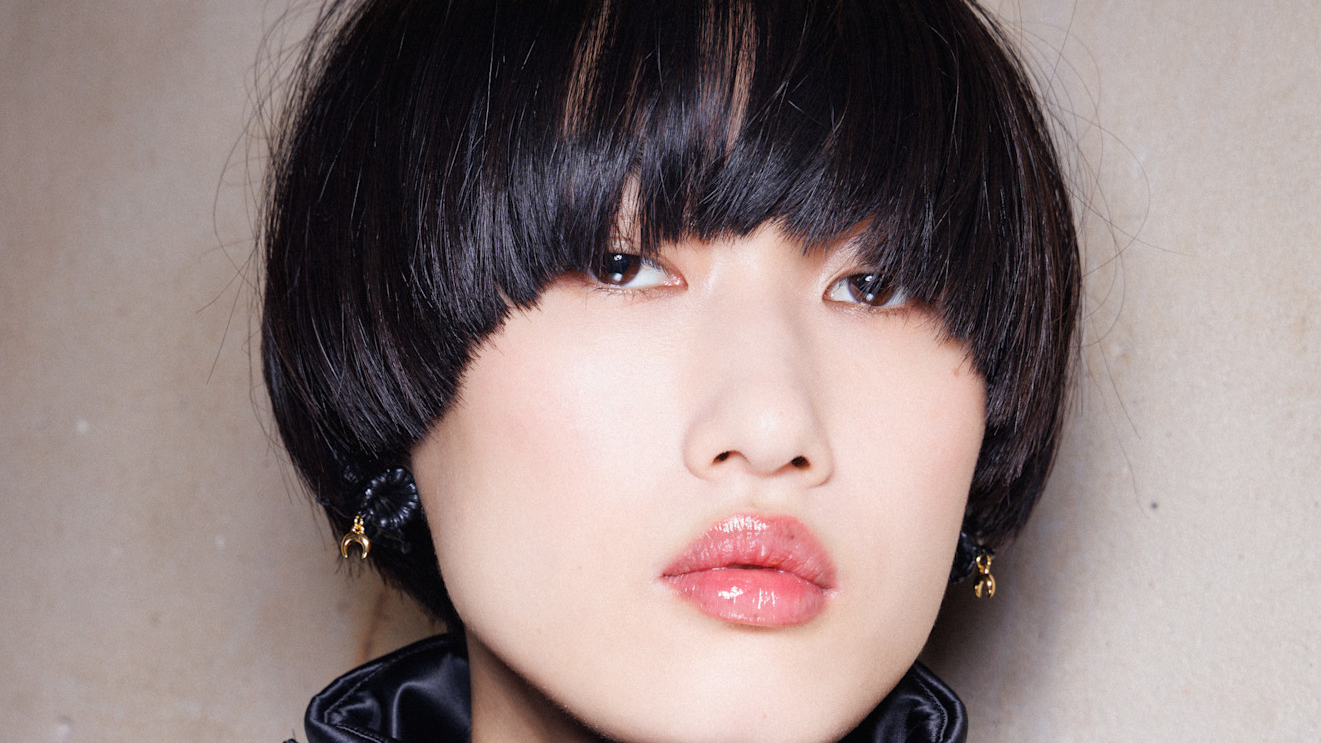
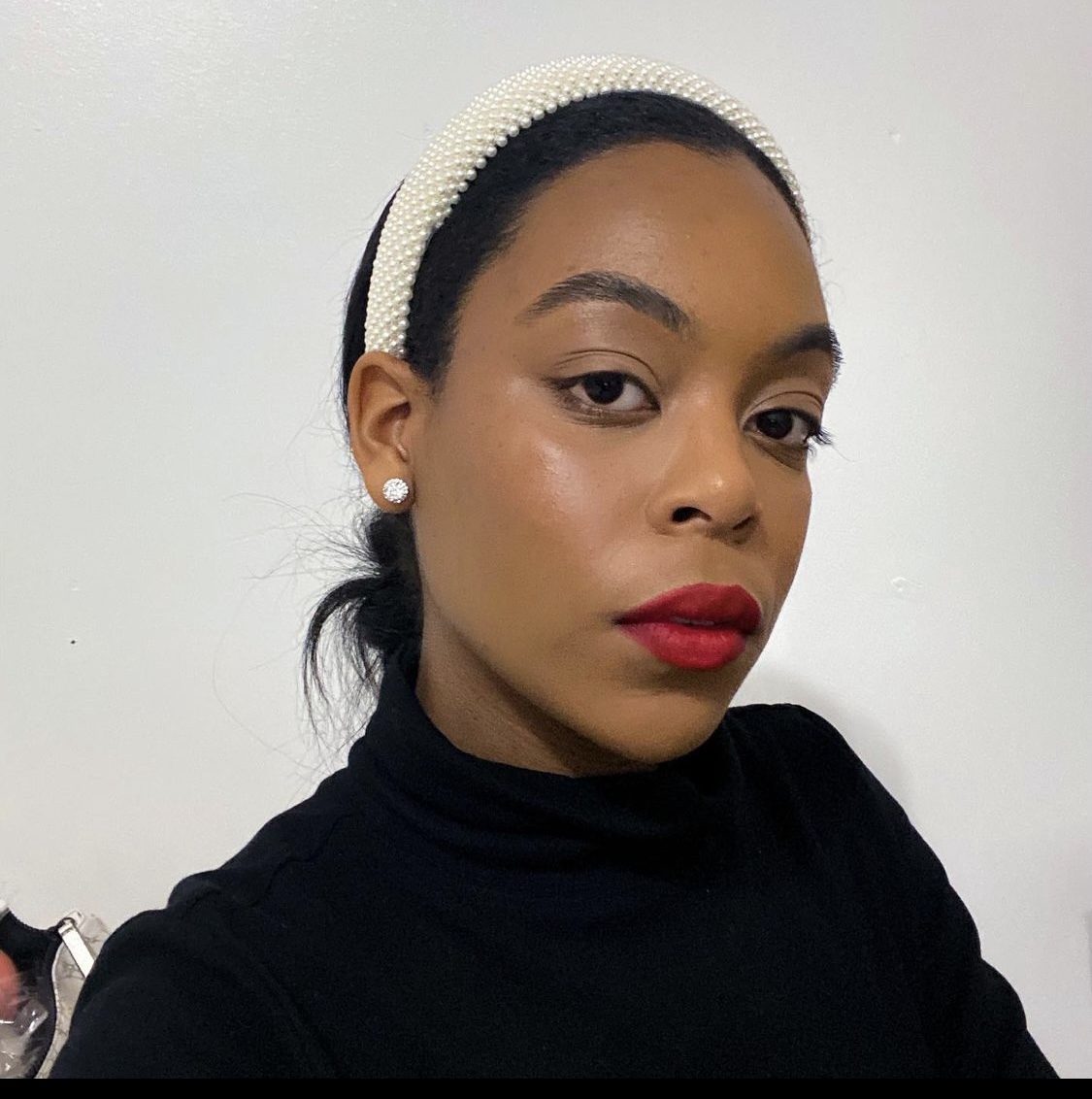
I’ll admit it: I’m an oily skin girl. For years, I tried to straddle the fence, using cleansers for combination skin and claiming that “not all of my face gets super dewy” (a code word that really meant my skin was greasier than the pot I cook my eggs in). Now that I’ve accepted and am living in my truth, I’ve had to make some adjustments, primarily to the products in my makeup bag. My biggest takeaway: the best pressed powders are my best friend.
Powders get a reputation for being too matte or cakey, but after speaking with professional makeup artists (and testing dozens of options), I've found that the winners in the category help control my oil without making my skin look lifeless. “The pressed powder that works for one person may look completely different on another,” MAC Cosmetics Senior Artist, Michelle Denson, tells me. “The best pressed powder depends on your skin type and makeup goals. For oily skin, look for something lightweight that is oil-absorbing or mattifying. Drier skin types should look for something that's hydrating with skincare ingredients. If you are sensitive, something fragrance-free would be helpful.”
That’s just the start of all the factors that should be considered when on a journey to finding the best pressed powder. Ahead, Denson, and celebrity makeup artists Christian Briceno and T. Cooper, explain what you should be on the lookout for to get the pressed powder that best suits your needs, and I narrow down the list of the best ones readily available on the market.
The Best Pressed Powders
- The Best Pressed Powder Overall: Charlotte Tilbury Airbrush Flawless Finish Setting Powder
- The Best Radiant Pressed Powder: Hourglass Ambient Lighting Powder
- The Best Pressed Powder for the Undereyes: Pat McGrath Labs Sublime Perfection Blurring Under Eye Powder
- Best Luxury Pressed Powder: Burberry Beyond Wear Setting & Refining Powder
- Best Mineral Pressed Powder: Mineral Fusion Pressed Powder Mineral Foundation
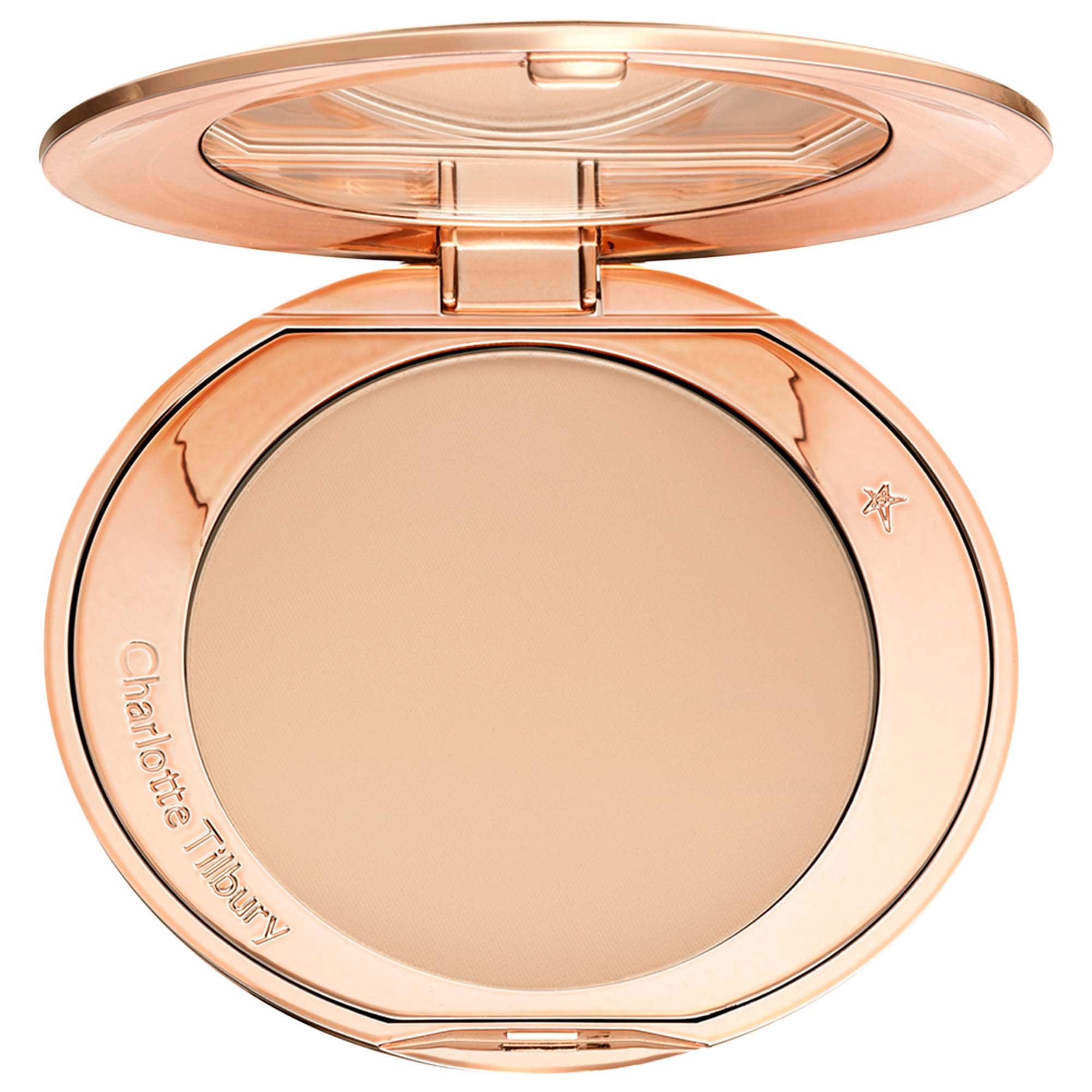
If you’ve ever opened a social media app (my personal favorite is TikTok, but I digress) and found yourself on the beauty side of things, then you’ve heard of this powder. I have used this product to set both my under-eye area and all over my face, and I must say: it is still one of the best pressed powders I have tried to date. If you want a powder that you can throw in your bag, that won’t take up much room and will leave your face looking filtered, this is it.
Coverage: Light
Finish: Soft Matte
Shades: Four
What I Love: Blurs texture; Easy-to-travel-with packaging; Works with most liquid complexion formulas
What I Don’t: Only four shades in the line; Not the best for oil control
Review for MC: “I remember the day I first tried this powder like it was yesterday. It was closer to when Charlotte Tilbury had just launched in the United States, and Sephora gave out small samples of the powder. I’d never run through a product that quickly in my life. I used it literally every day because I loved the way my skin looked. Since then, I’ve also gone on to use it as an under-eye setting powder as well as to set my eyeshadow base, and it looks good no matter what. I can’t recommend this enough. — Ariel Baker, Beauty Writer
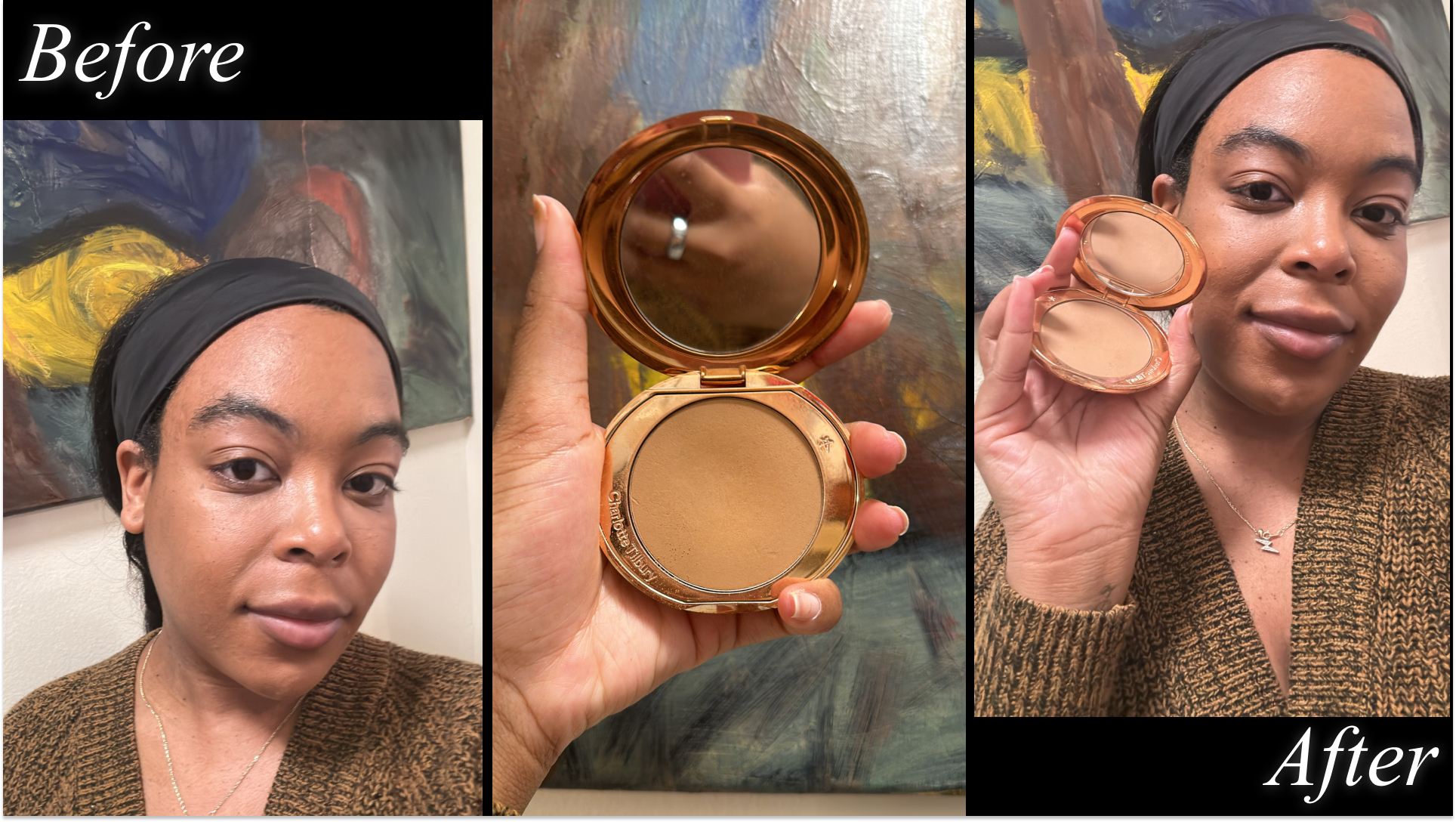
Ariel Baker testing Charlotte Tilbury Airbrush Flawless Powder.
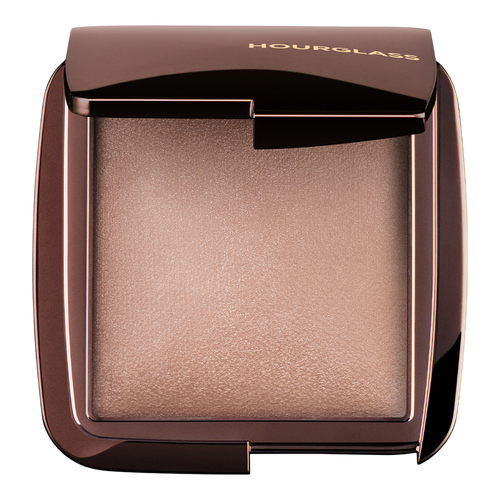
This is simultaneously one of the most hyped-up yet underrated products on the market, primarily because I think people don’t exactly know how to use it. These are considered finishing powders, which means that when my makeup is completely done, I brush this product across my face as a final step. The glow it gives me is unlike any other product on the market (seriously, I’ve checked) because it somehow blurs the skin in the process. If you want radiant, date-night-ready skin without looking oily, you need this in your makeup collection.
Coverage: Sheer
Finish: Radiant
Shades: Eight
What I Love: Sheer formula; True glowy powder
What I Don’t: Can fade quicker on very oily skin types
Review for MC: “I, seemingly like most people, never quite understood the hype for the Hourglass Ambient Lighting powders. It was a brand that took quite a long time to formulate shades for deeper skin, so I wrote them off for a long time. That is, until I actually tried the product, fell in love, and realized that there’s nothing like this on the market. These powders are meant to bathe the skin in a wash of color, so technically, any shade can be used for any skin tone (strategically). With the shade extension a few years ago, even deep-dark skin tones can get that soft, angel-like glow, and I’m glad we all get the chance to bask in these because they are angel skin in a compact." — Ariel Baker, Beauty Writer
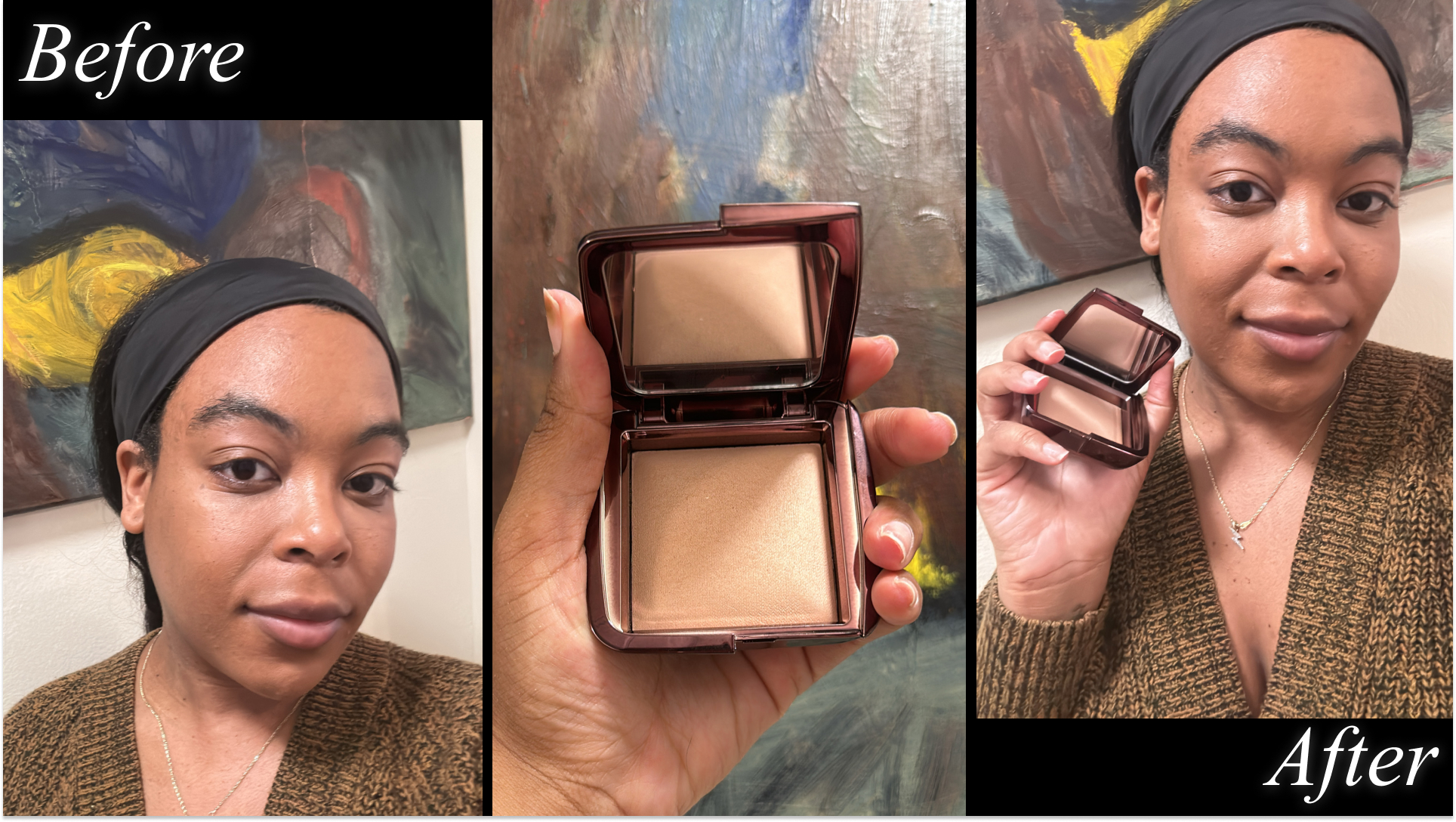
Ariel Baker testing Hourglass Ambient Lighting Powder.
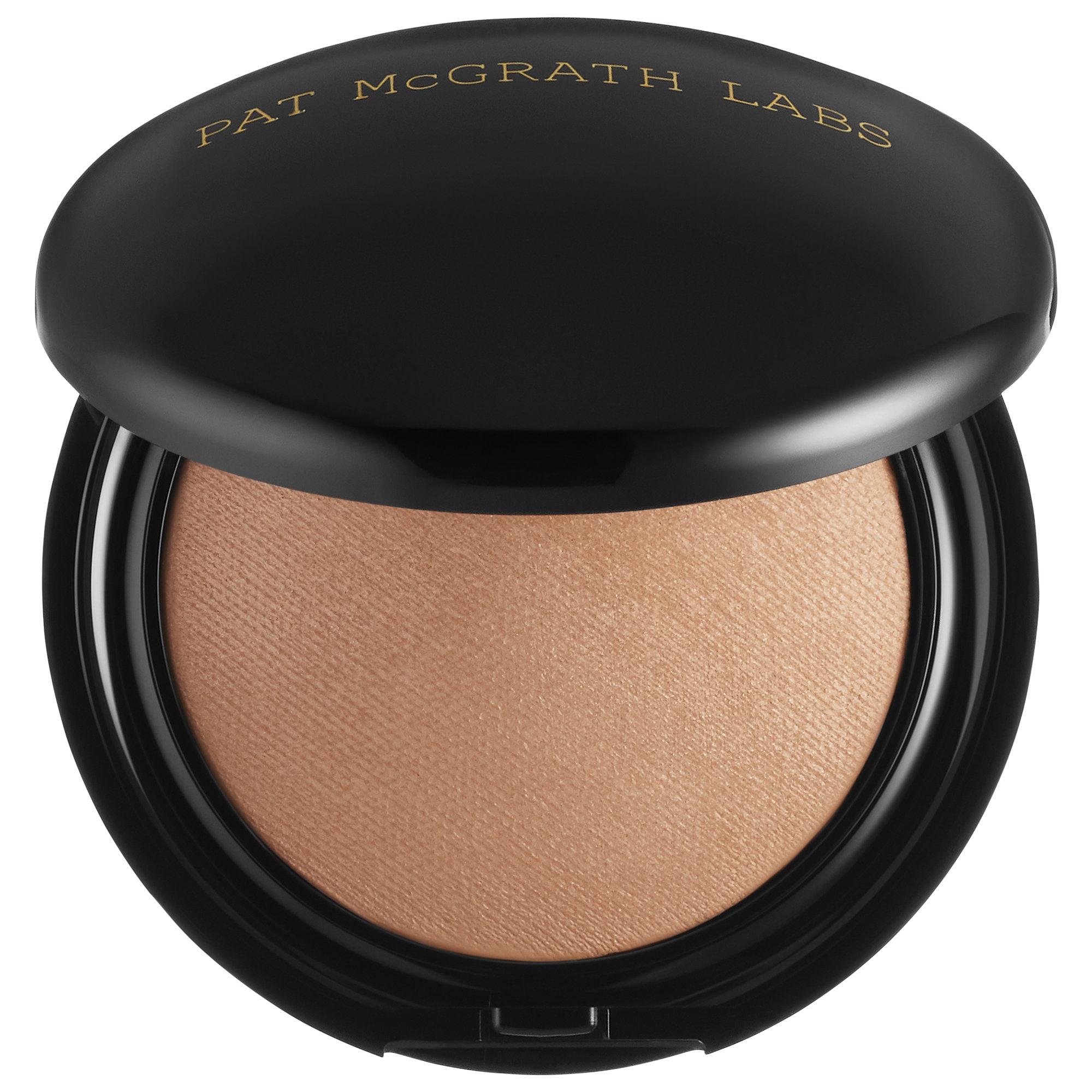
Pat McGrath is a makeup mastermind, and the fact that this pressed powder exists is proof. It comes in a pretty small compact, so I use it exclusively under my eyes, but the way it blurs the area needs to be studied. Every single time I use this product, the area of application is smooth to the touch, and, depending on the shade I use, extremely bright. You’d never be able to tell that I spent the night before scrolling on TikTok for way too long. This formula is nothing short of magical.
Finish: Radiant
Coverage: Light
Shades: Five
What I Love: Long-lasting under the eyes; Compact packaging
What I Don’t: Delicate formula; Doesn’t travel well
Review for MC: “If you’re looking for a pressed powder exclusively for your under-eyes, this one from Pat McGrath should’ve been in your Sephora cart like yesterday. It’s blurring, brightening, and compact. But don’t let the small size fool you—it builds up to a good amount of pigment. That being said, I believe any skin tone and type can benefit from this powder, whether you want a soft veil to set your concealer or need something to brush your bake away with. Despite the small size, it’s also lasted me quite a long time, which feels like a good bang for my buck.” — Ariel Baker, Beauty Writer
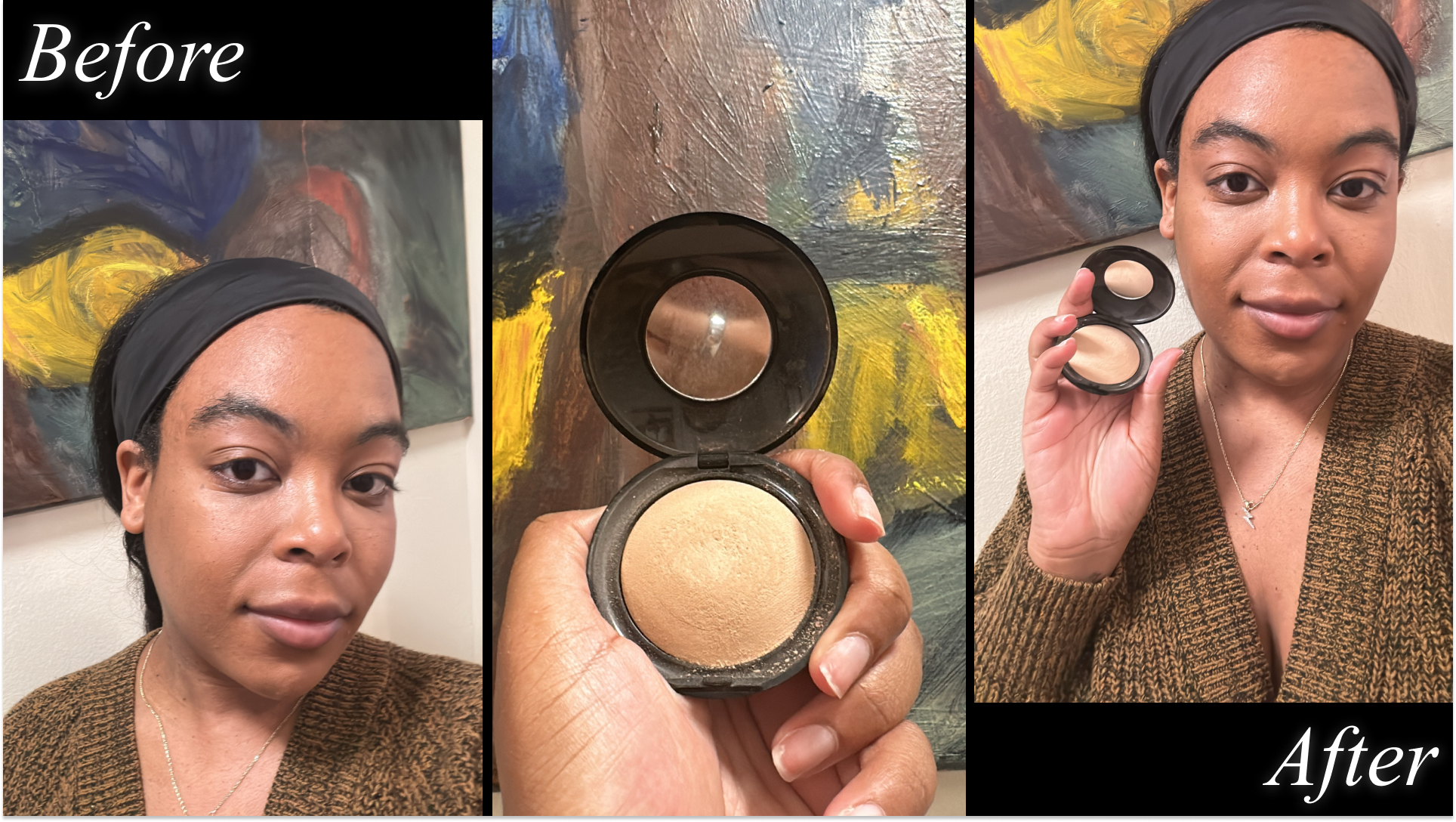
Ariel Baker testing the Pat McGrath Labs Skin Fetish: Sublime Perfection Blurring Under Eye Powder.
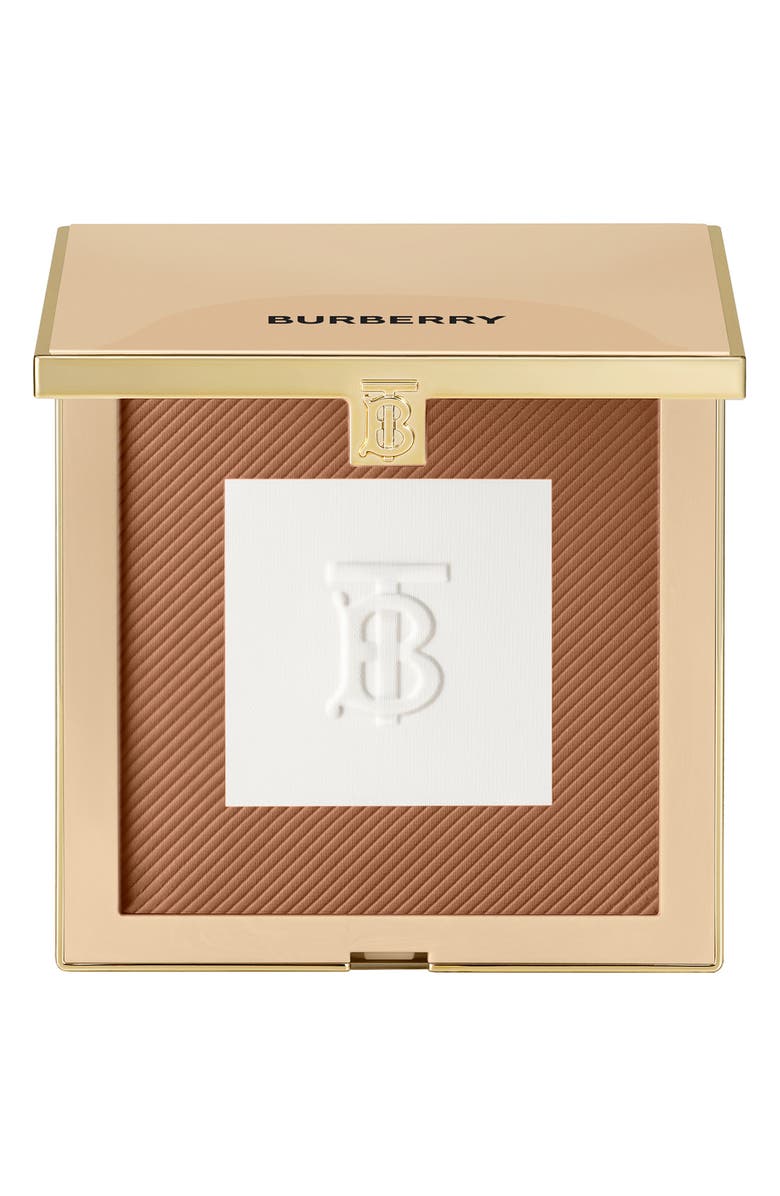
Yet another underrated gem, this powder from Burberry Beauty mattifies and brightens the skin without leaving it looking heavy or cakey. The product features two colors in one compact: a brightening white shade in the center and a more flattering skin-tone hue around it. I like to blend both shades, but they can be used separately for different purposes.
Finish: Matte
Coverage: Light
Shades: Three
What I Love: Multiple shades work for my skin tone; Luxurious gold packaging; Noncomedogenic
What I Don’t: May emphasize texture in drier skin types
Review for MC: “If you need a luxurious pressed powder that mattifies the skin, Burberry has you covered. I can immediately tell the difference in the way my makeup looks and feels when I apply this powder, as it locks into place without an ounce of shine present. This formula is also wonderful for my oily skin, as it lasts quite a while before I have to touch up. That being said when I do add more powder, it doesn’t look cakey or too done up, it just gets everything back to looking airbrushed and matte.” — Ariel Baker, Beauty Writer
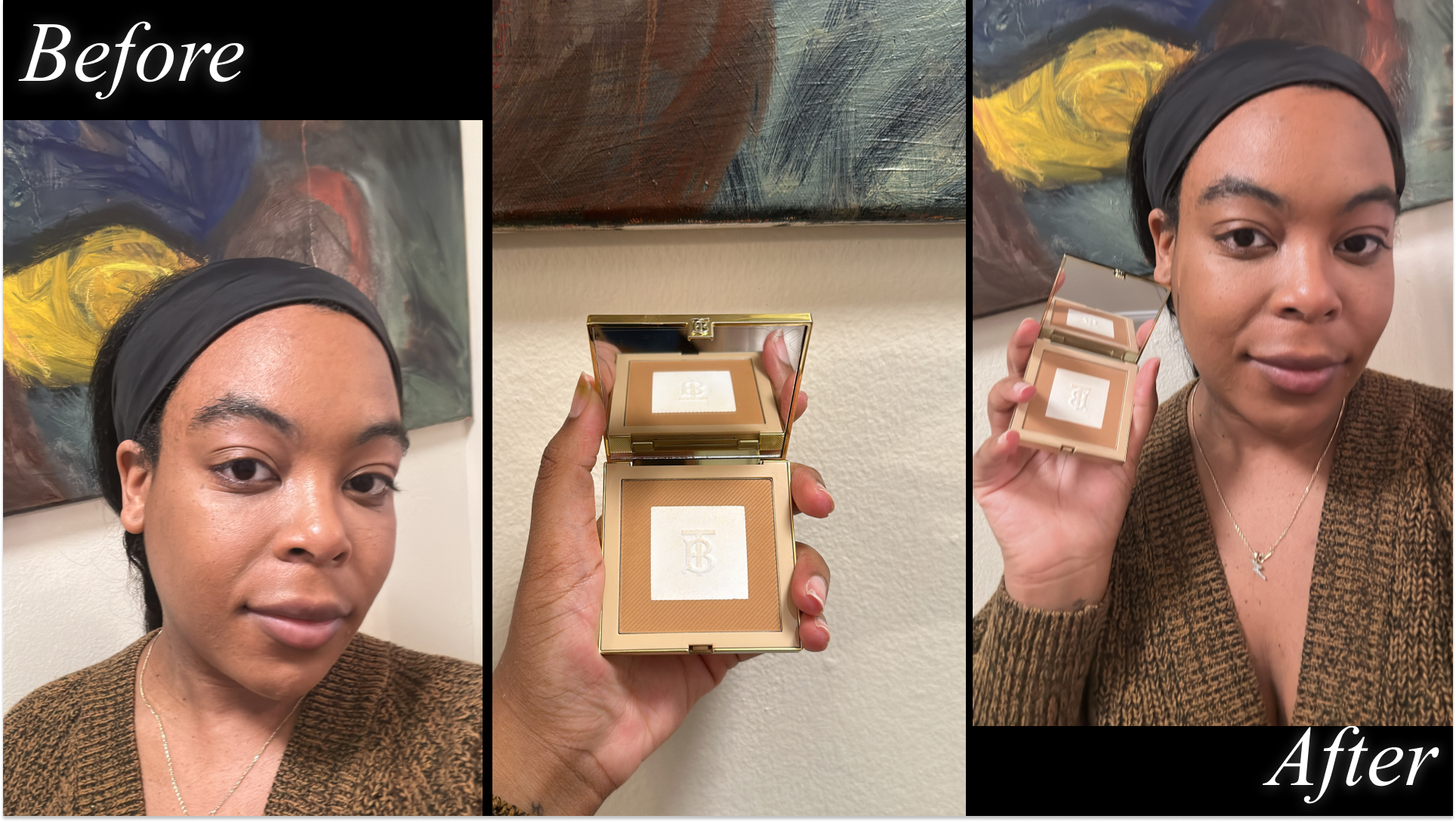
Ariel Baker testing the Burberry Beyond Wear Setting & Refining Powder.
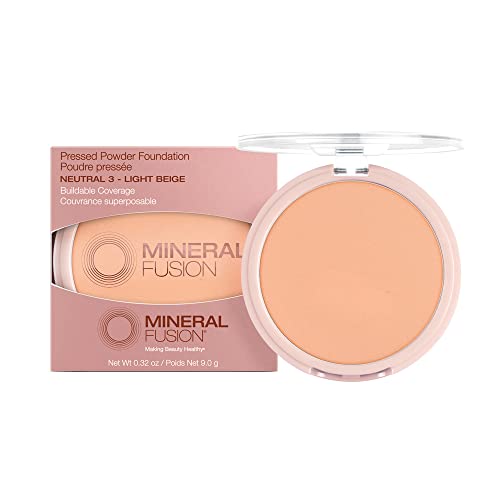
I don’t often explore the world of natural makeup brands (they have a reputation for being cakey), but Mineral Fusion has stumbled onto my radar recently, and I’ve been loving their products, particularly the pressed powder foundation. It’s a product I’d recommend more for people with oily skin. I use it under my eyes and to clean up my blush and bronzer if it’s gone a bit wonky once blended, and I’ve been enjoying the results.
Coverage: Medium
Finish: Radiant
Shades: 24
What I Love: Easily buildable and doesn’t cake up
What I Don’t: Shade range jumps around a bit making it hard to match yourself unless you see the product in person, but the line can be a little hard to find
Review for MC: “This powder was an unexpected find that I can’t put down. It has medium coverage, so it actually covers up my acne scars and dark marks, and it’s an entirely mineral foundation, so I don’t feel bad wearing it all day. While the shade range could be a bit more cohesive, I’m so glad that there’s a mineral-based beauty brand that has so many options to choose from.” — Ariel Baker, Beauty Writer
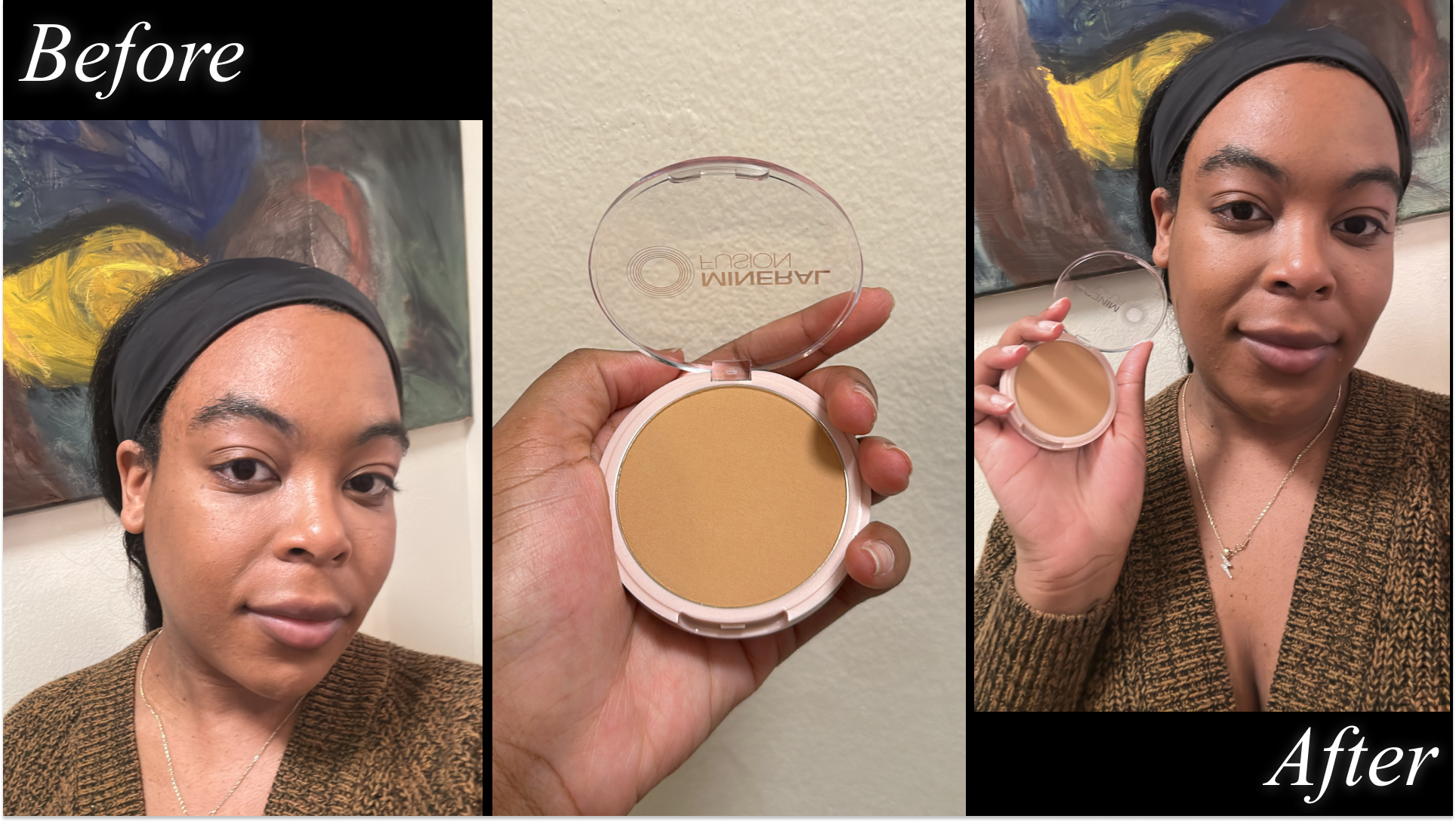
Ariel Baker testing Mineral Fusion Pressed Powder Foundation.
Other Setting Powders I Love
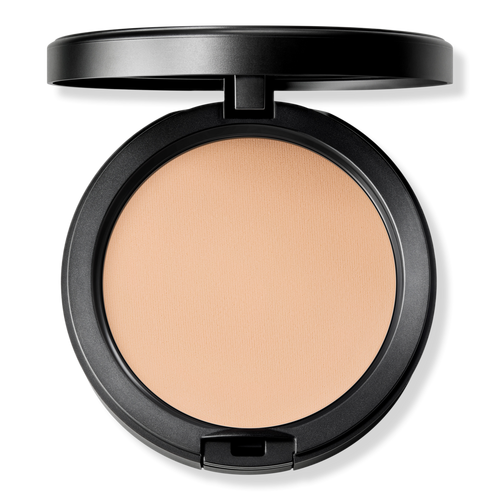
On the heels of its new nudes lipstick relaunch, MAC Cosmetics also reformulated the Studio Fix Powder, which now comes in 67 shades and is talc-free, much to the chagrin of some folks online. As for me and my house? I've been loving using the powder under my eyes, and the blurring properties are next-level. The shade numbers have been adjusted slightly. If you were using the old formula, I recommend getting shade-matched once more in person to ensure you have the correct color.
Coverage: Medium
Finish: Soft Matte
Shades: 67
What I Love: Ultra blurring; Widest shade range of all the powders in this story
What I Don’t: Prefer to use under the eyes versus on the face as foundation, as I don’t find it as full-coverage as the previous formula
Customer Review: “Bomb.com!! I was skeptical at first because I love the original formula, but the way this melts into ur skin after a little Fix+ is everything! Smooth like butter and leaves no cast!!” — Ulta
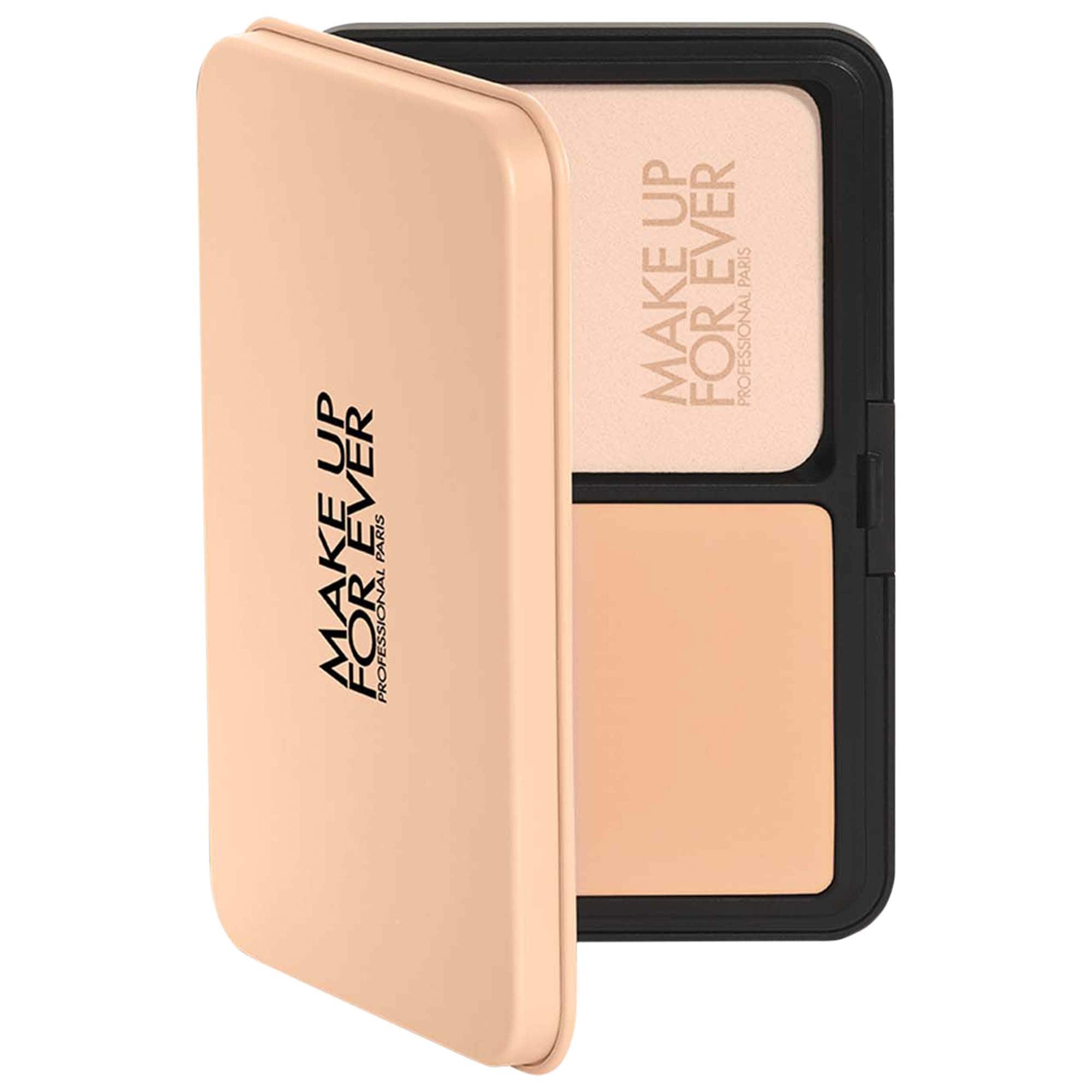
Makeup For Ever is one of those brands that I go to when I want fool-proof makeup. It’s a brand created primarily with artists in mind, so I stand by the fact that they have products for every skin type and tone. The Matte Velvet Skin Powder comes in 31 shades that mattify and blur imperfections, without making your skin look too dull. I like to call it a “lively matte” because once it settles, it perfectly mixes with the oils in my skin and starts looking like their classic cream foundation formulation.
Coverage: Full
Finish: Matte
Shades: 31
What I Love: Looks extremely natural on the skin; Long-lasting formula
What I Don’t: Bulky packaging
Customer Review: “So skin like so blurring, full coverage (w/o feeling cakey) breathable, long-lasting, skin-like finish, literally last me through intense workouts, it’s the best. Just get it.” — Sephora
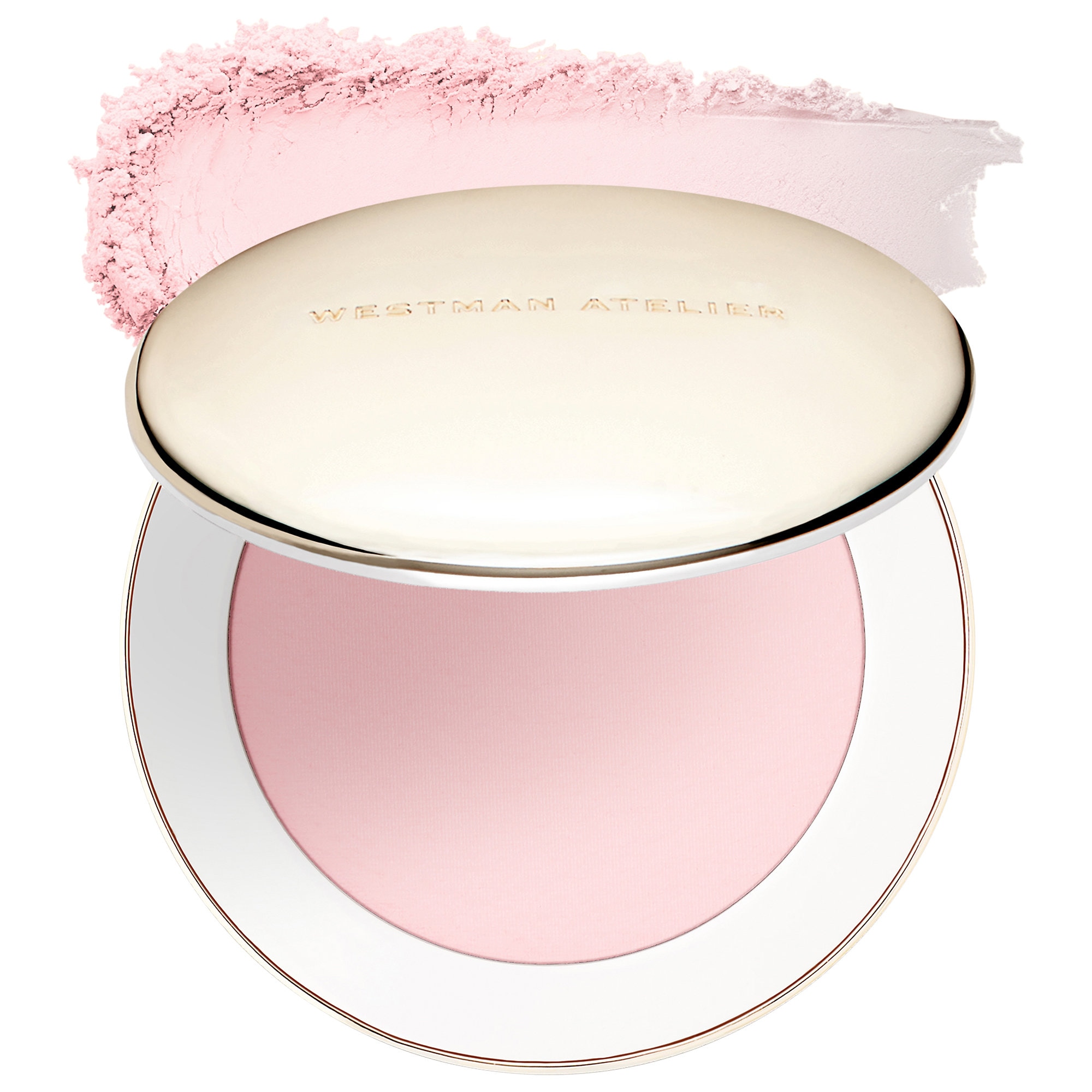
If you want a soft set as well as skin-care ingredients in your powder, pick up this one from Westman Atelier. Its weighty compact feels so luxurious in my makeup bag, but packaging aside, the powder is incredibly blurring and can technically be used all over the face. I’m a big Westman Atelier fan, and I can say with confidence that this is one of the top three products from the entire line.
Coverage: Light
Finish: Sheer
Shades: Five
What I Love: Lightly sets makeup; Very thin on the skin to the point where you can’t really feel it; Great to touch up with
What I Don’t: Most expensive option on this list
Customer Review: “I love this to brighten and mattify, without being too matte. I also have the translucent, but I prefer the pink bubble more as it adds more brightness.” — Sephora
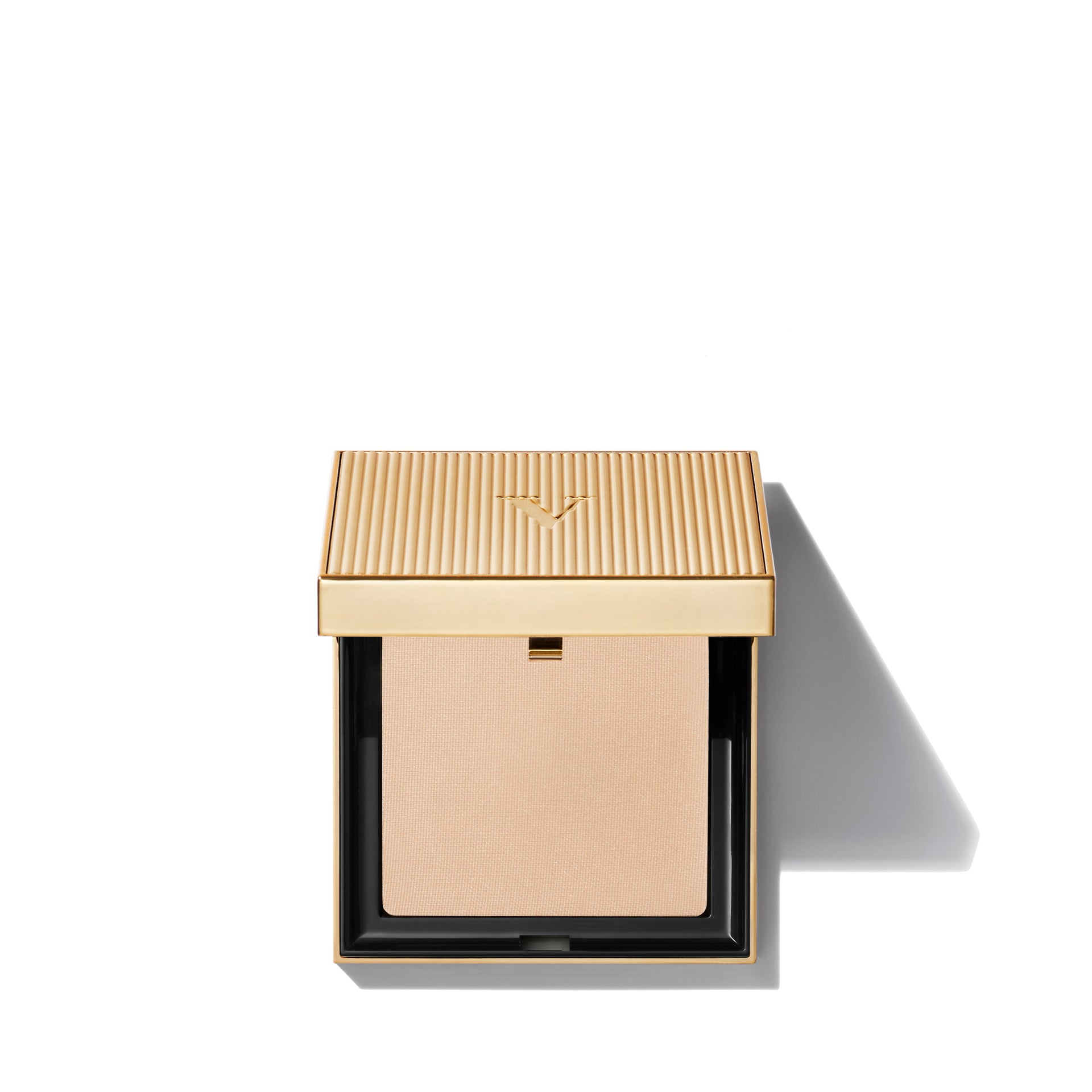
While Vieve is a harder brand to get your hands on, I highly recommend picking up this powder. It comes in four shades that don't clog your pores or weigh down the skin throughout the day, and it looks beautiful paired with practically any skin tint, too.
Coverage: Light
Finish: Natural Matte
Shades: Four
What I Love: Sleek but not heavy packaging; Infused with hyaluronic acid
What I Don’t: Can’t test out in person, as the brand is only available online
Customer Review: “The most gorgeous powder that can be either be put on with a sponge for a more full coverage or brush for lighter coverage. So beautiful.” — Vieve
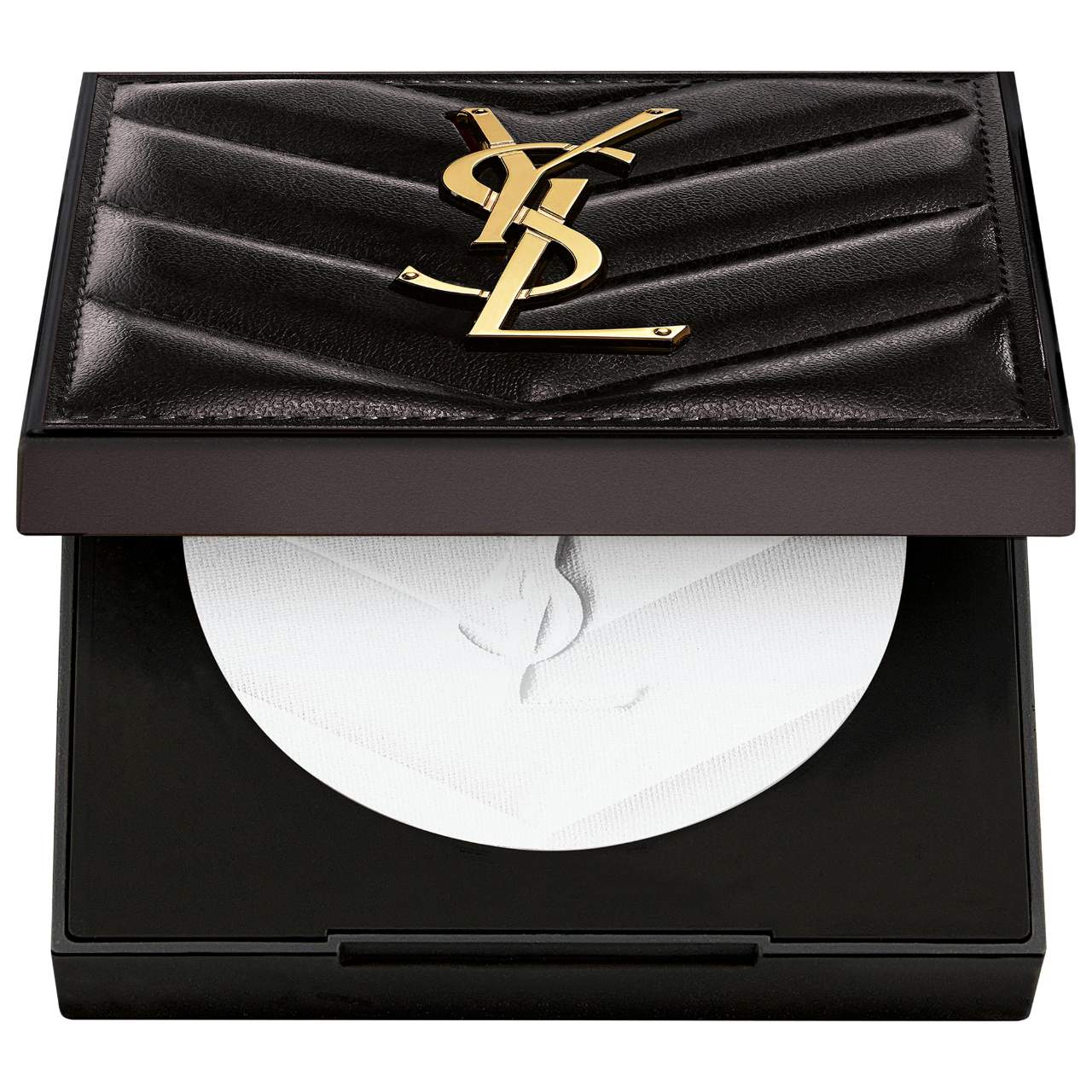
YSL It-girls like Zoë Kravitz and Hailey Bieber typically embody the “clean girl” makeup aesthetic, and when I’m feeling that vibe, this is my go-to. While this formula isn’t the most high-coverage when it comes to blemishes, it’s beyond brightening under the eye. I typically opt for a lighter shade, which provides coverage that pairs perfectly with my concealers, regardless of the cream formula I’m using.
Coverage: Light
Finish: Matte
Shades: Eleven
What I Love: Skin-like finish; Light pigment that still allows for a bit of coverage on top of foundation or concealer
What I Don’t: Lightly scented
Customer Review: “I have very oily skin, 52 years old, light-medium skin color. This is a game-changer for me! I use the loose powder, but this is even better! Doesn't leave a powdery look, removes shine, blurring effect on pores.” — Sephora
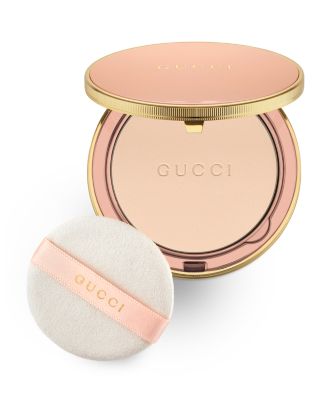
This powder from Gucci feels more like a family heirloom than a makeup product. Housed in a soft pink and gold metal compact, it comes in 12 shades, offering a natural matte finish on the skin. I personally like to use it to clean up my bronzer or contour versus an oil-control product, but there are a myriad of shades to choose from, should you want this to be your touch-up powder on the go. While I typically look like a maniac running through my morning routine every day, when I pull this compact out of my bag, you’d think I was the most chic and organized person in the world—just how I like it.
Coverage: Light
Finish: Natural Matte
Shades: Twelve
What I Love: Vintage-looking packaging; Buttery texture in the pan
What I Don’t: Floral Scented
Customer Review: “The Gucci powder has a finely milled texture that feels silky and lightweight on the skin. It applies smoothly and controls shine with a matte finish, making it suitable for those with oily or combination skin. This beauty powder offers buildable coverage. It can be used alone for a natural look or over foundation to set makeup and enhance longevity. It has a lovely, subtle scent of roses that fades within seconds of application. It is so very lovely.” — Sephora
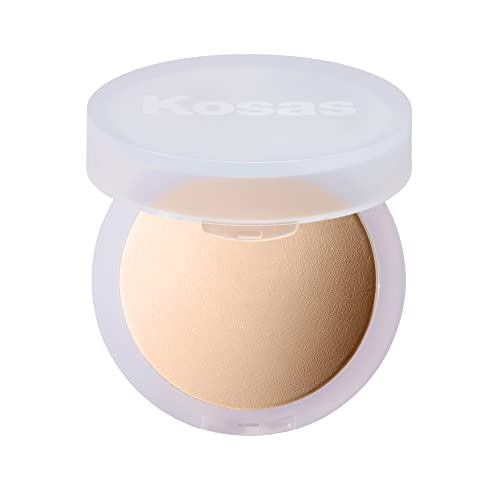
If you want sheer, barely-there coverage, I promise Kosas’s Cloud Set is light, airy, and feels almost like nothing at all. When using it on the face, I definitely have to swirl my brush around the compact a few times (and I also don’t typically use it with a powder puff, which is my preferred method of applying pressed powders), but the natural-matte finish it leaves behind makes it worth the few tweaks to my routine.
Coverage: Sheer
Finish: Natural
Shades: 13
What I Love: Extremely lightweight formula; Doesn’t dull the skin but still takes away excess shine
What I Don’t: Packaging feels a little cheap; Delicate formula, so be careful traveling with it
Customer Review: “This gives such an airbrushed finish to the skin. It sets my foundation/ tints really nicely and doesn’t make me look too matte. It provides and nice skin-like finish.” — Sephora
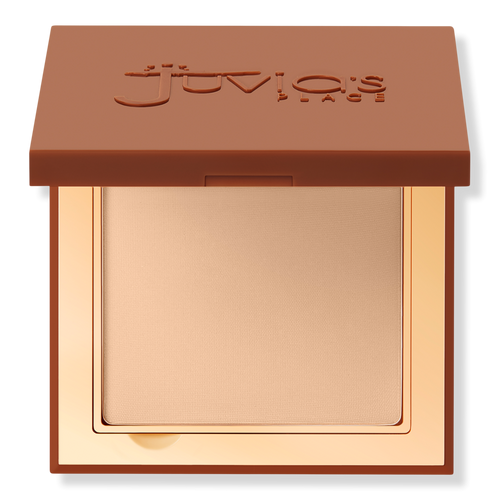
While I love a good drugstore eyeliner or mascara, it’s typically not the first place I’d head to for a complexion product. That being said, this is 100 percent a hidden gem, and it has gorgeous coverage for less than $20. As someone with textured skin, this powder blurs my pores and acne without settling around them, which I’ve found some heavier powders to do. That plus the gorgeous shade range makes me feel like this is a true “if you know, you know” product.
Coverage: Medium
Finish: Matte
Shades: 20
What I Love: Water-resistant formula; Blends beautifully with natural oils throughout the day and doesn’t break up my makeup
What I Don’t: I experience fallout; Shae range can lean a little warm
Customer Review: “I've purchased this product like 6 different times. It goes on so smoothly and gives good coverage.” — Ulta
What Is a Pressed Powder?
As with any complexion product, these are essentially pigments encased in different formulations (and in this case, drier ones). “Pressed powder is a compact formula that can be used for setting makeup, adding coverage, or even color-correcting,” Cooper tells me. “Unlike loose powders, it’s less messy and super portable.”
As Denson mentioned, the best pressed powder depends on your personal needs, but generally, they are used to blur, mattify, and even brighten the face. Some can even be used as a bronzer—it’s all about how you want to get creative with integrating the formula into your routine.
What Should I Look for In a Pressed Powder?
Every skin type as different needs, so "what to look for in a pressed powder will depend on each person’s skin type and texture, as well as the finish they want to achieve,” Cooper says. Here's how to know what to look for:
- If you have dry skin, a lightweight, hydrating formula that won’t cling to dry patches will be best. (Some pressed powders are even infused with skincare ingredients like hyaluronic acid or jojoba seed oil.)
- If you’re constantly struggling with shine, look for a pressed powder that absorbs oil and keeps your skin matte.
- For a flawless, blurring effect, a finely milled or light-reflecting powder will be your best bet.
- Very sensitive skin types should opt for fragrance-free formulas, just to be on the safe side. (Be sure to also double-check if there’s a specific ingredient that your skin reacts to or causes you to break out.)
What is The Difference Between Setting Powder and Pressed Powder?
While they’re both powders, there are some key differences between setting powder and pressed powders, primarily in the way that each formula is typically packaged. “Pressed and setting powder both lock in your makeup, but there’s a plot twist,” Cooper says. “Pressed powders are typically just that—pressed into compact— and are very travel-friendly for quick touch-ups. On the other hand, setting powder can be both loose and pressed.”
“Setting powder is primarily used to set makeup, especially in areas prone to creasing,” Denson adds. “It’s great for under the eye and for adding longevity. Pressed powders, on the other hand, can also be used for setting, but are typically more portable, less messy, and can also add a bit of coverage—they’re much better for on-the-go touch-ups. They can be applied with a sponge for more coverage or a fluffy brush for a lighter finish.”
Why Trust Marie Claire?
For more than 30 years, Marie Claire has been an internationally recognized destination for news, fashion and beauty trends, investigative packages, and more. When it comes to the products Marie Claire recommends, we take your faith in us seriously. Every product that we feature comes personally recommended by a Marie Claire writer or editor, or by an expert we’ve spoken to firsthand.
How We Tested
For this story, we sourced editor and makeup artist-beloved pressed powders and tested over 20 top-selling formulas. We evaluated each powder based on finish, pigment, staying power, price, and results.
Meet the Experts
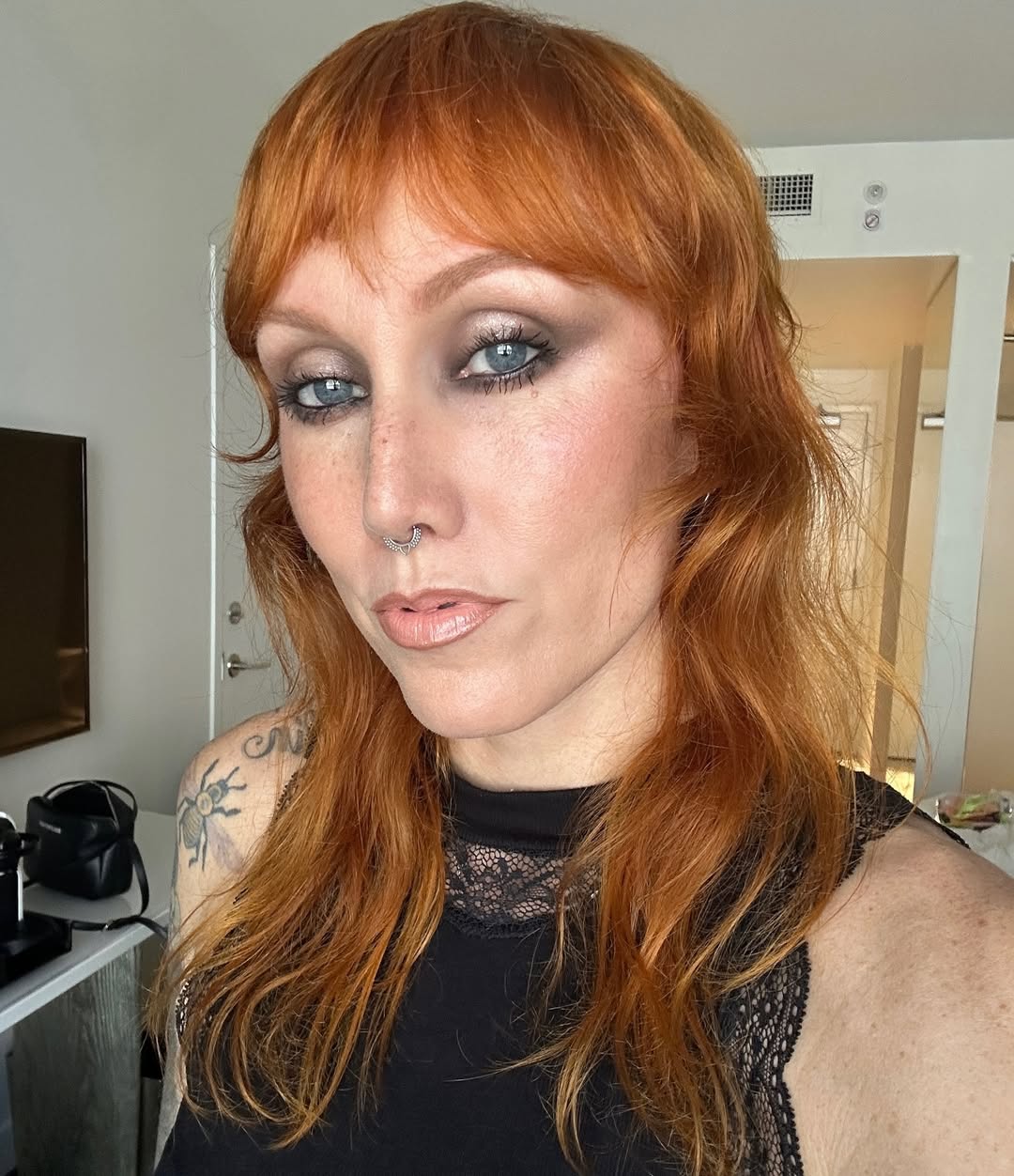
Michelle Denson is a Senior Artist with M.A.C. Cosmetics.
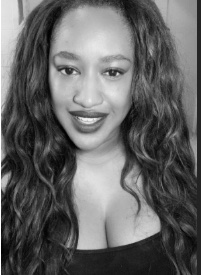
T. Cooper, a native New Yorker and proud “Bronx Girl,” transitioned from a successful career as a tailor to finding her true passion in beauty. What began as a hobby soon evolved into a full-time career, leading her to trade in her sewing machine for makeup brushes and a blow dryer.
Now an accomplished beauty professional, T. Cooper has worked with celebrities, led makeup teams for New York Fashion Week, and contributed to editorial shoots for major magazines. In the highly competitive beauty industry, she has continuously thrived as an in-demand makeup artist and hairstylist, known for her creativity, skill, and dedication.
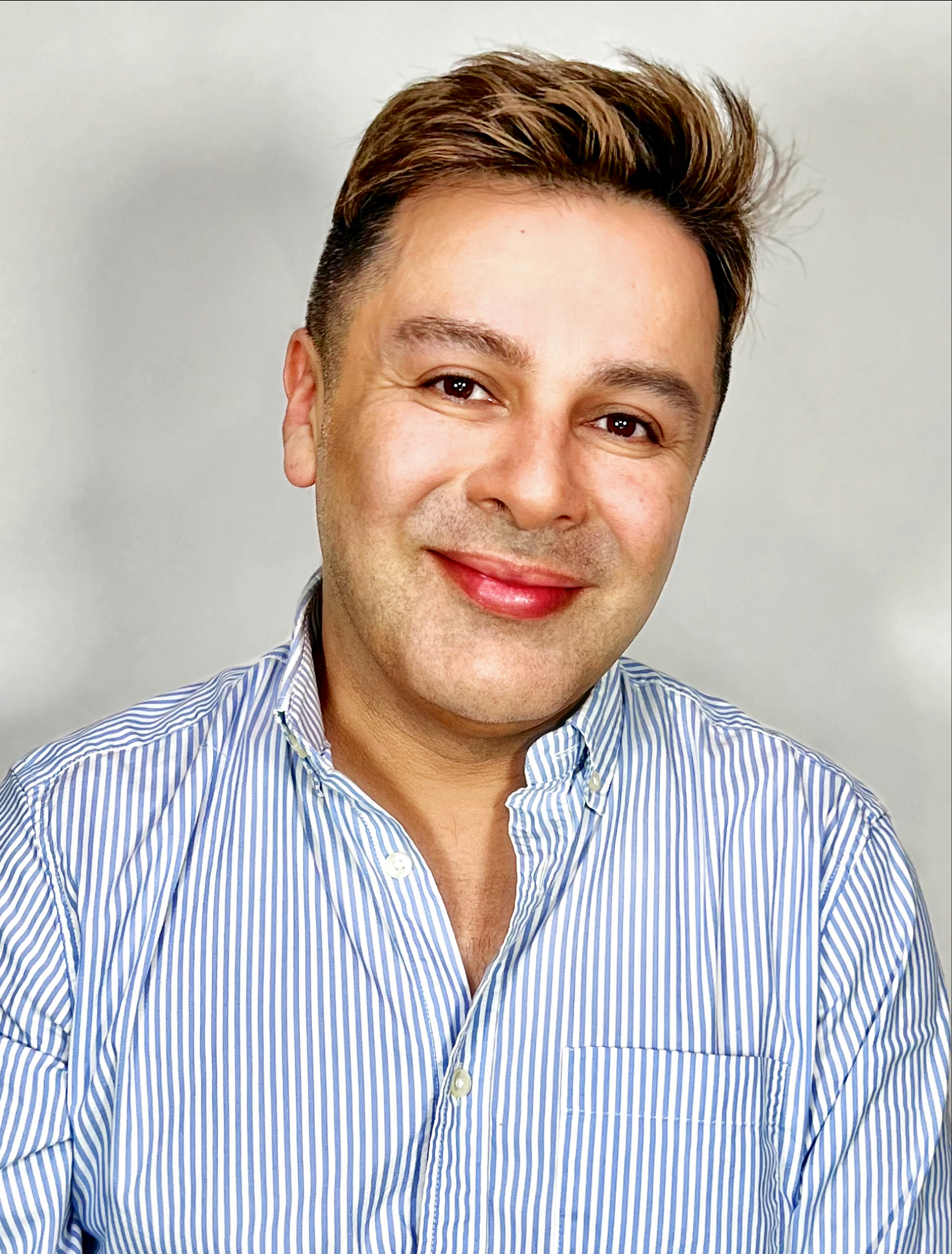
Christian Briceno is a NYC-based celebrity and editorial makeup artist. He has worked on top shows including Schiaparelli, Chanel, and Jean Paul Gaultier and with celebrities including Storm Reid, Debi Mazar, Indya Moore and Coco Rocha.
Stay In The Know
Get exclusive access to fashion and beauty trends, hot-off-the-press celebrity news, and more.

Ariel Baker is the Beauty Writer at Marie Claire. Previously the associate beauty editor at PS and briefly freelance, she has bylines in InStyle, Forbes Vetted, Women's Health, and more.
Since she started out in the non-profit sector, Ariel enjoys looking at beauty from a sociocultural lens, looking to avenues like politics, music, and the arts, to inform her views on the space. That being said, as a true beauty-product obsessive, testing the latest items to hit the market, keeping up with trends, and meeting industry icons, will always be her favorite part of working in the beauty space.
When she's not working, Ariel can be found hanging out with her fiancé and loving on their two cat daughters: Cow and Chicken.
-
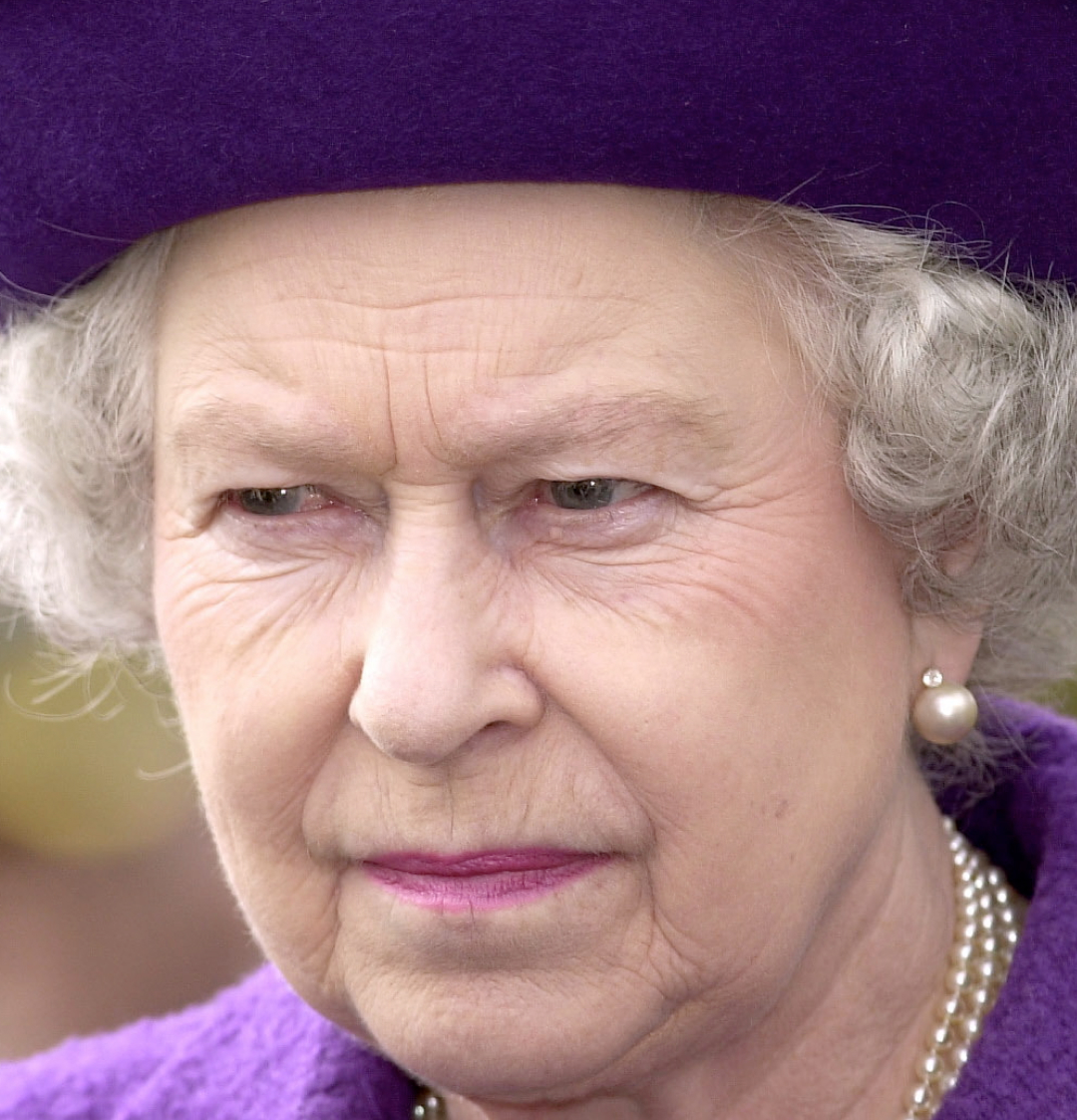 Staff Had "Never Seen Queen Elizabeth as Angry" as When Royal Visitor "From Hell" Brought a Dangerous Surprise Guest
Staff Had "Never Seen Queen Elizabeth as Angry" as When Royal Visitor "From Hell" Brought a Dangerous Surprise GuestThe unwanted visitor caused an international incident.
By Kristin Contino
-
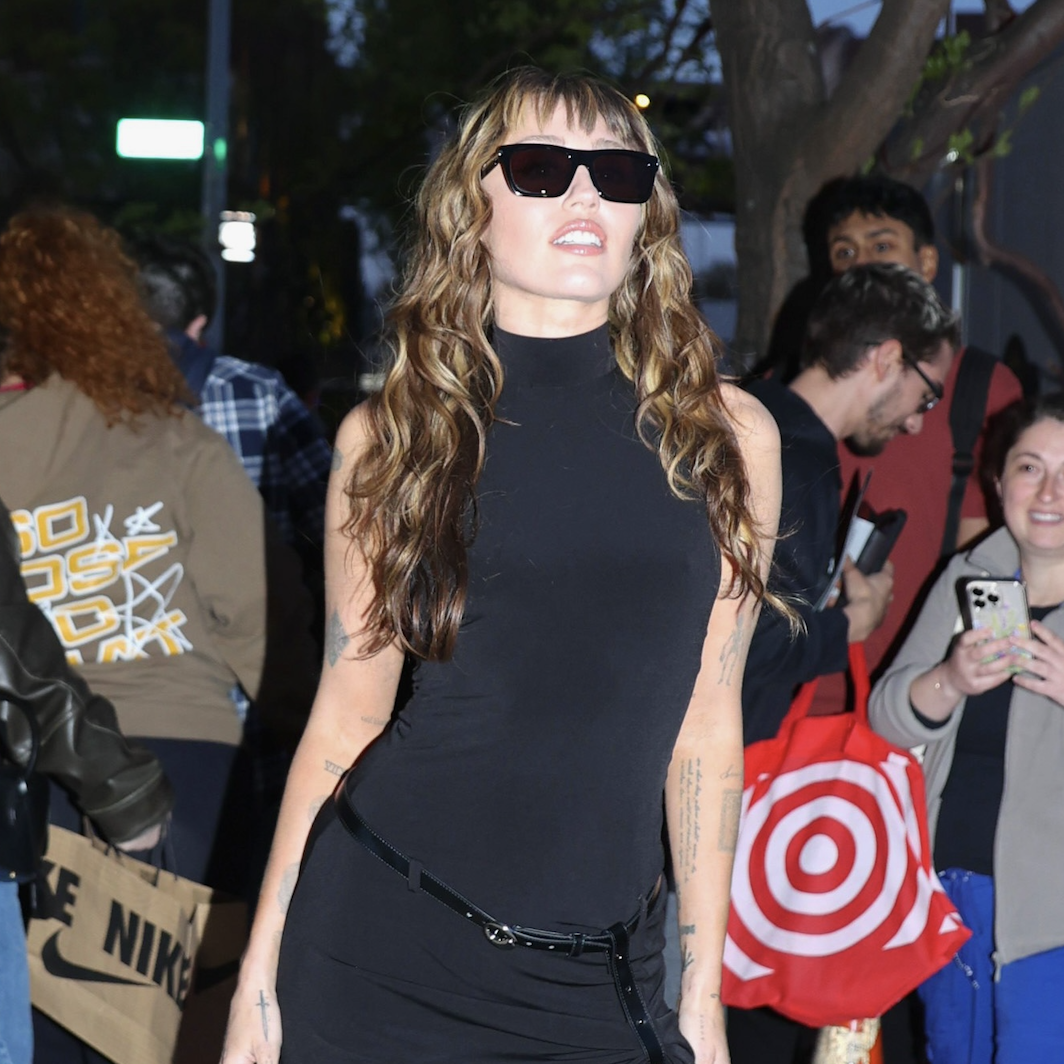 Miley Cyrus Turns Up the Heat on Her Little Black Dress Obsession
Miley Cyrus Turns Up the Heat on Her Little Black Dress ObsessionShe's deep in her 'Something Beautiful' fashion era.
By Kelsey Stiegman
-
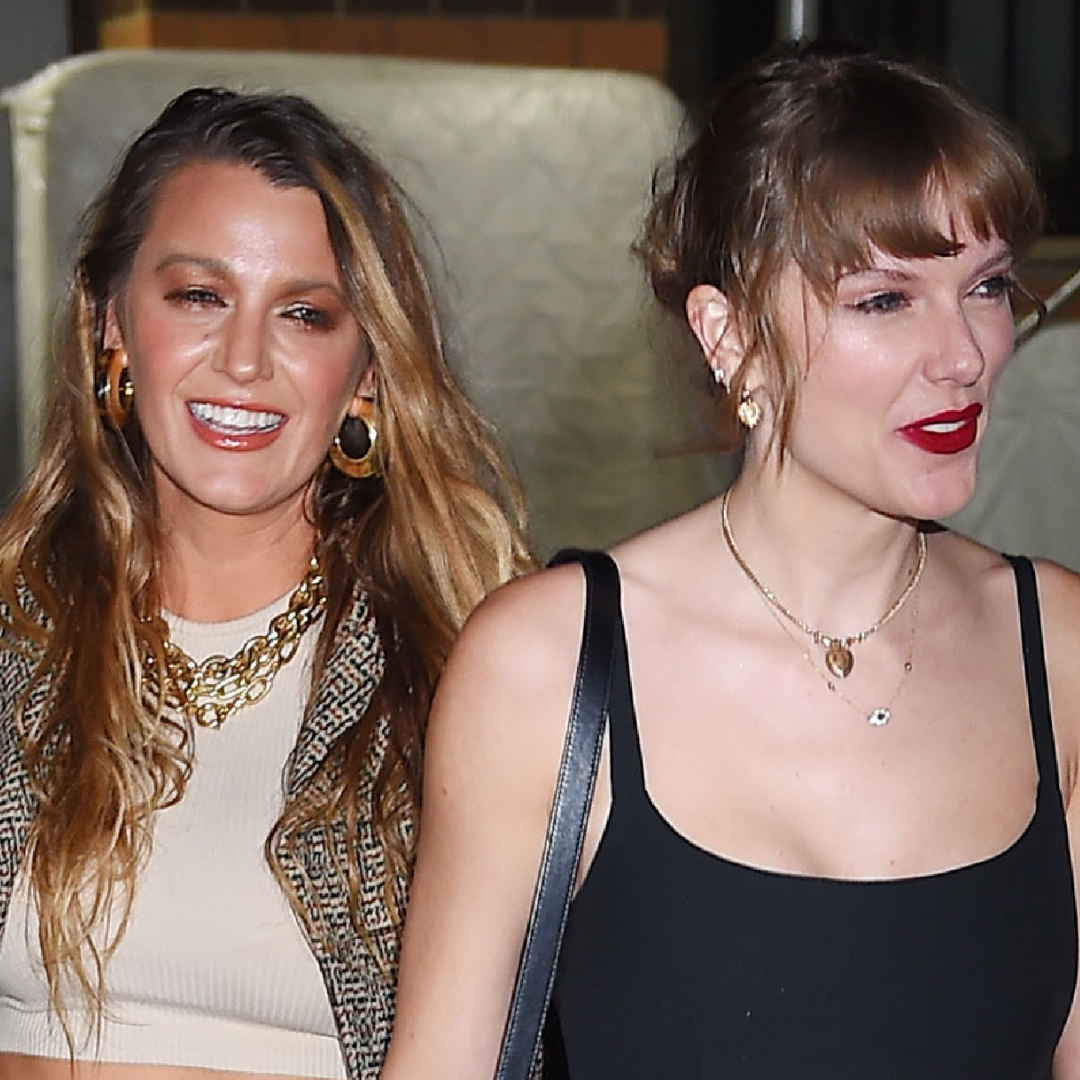 Taylor Swift Is Reportedly Being Subpoenaed in Relation to Blake Lively and Justin Baldoni's Legal Dispute
Taylor Swift Is Reportedly Being Subpoenaed in Relation to Blake Lively and Justin Baldoni's Legal DisputeShe's supposedly the "megacelebrity friend" in Baldoni's lawsuit.
By Lia Beck
-
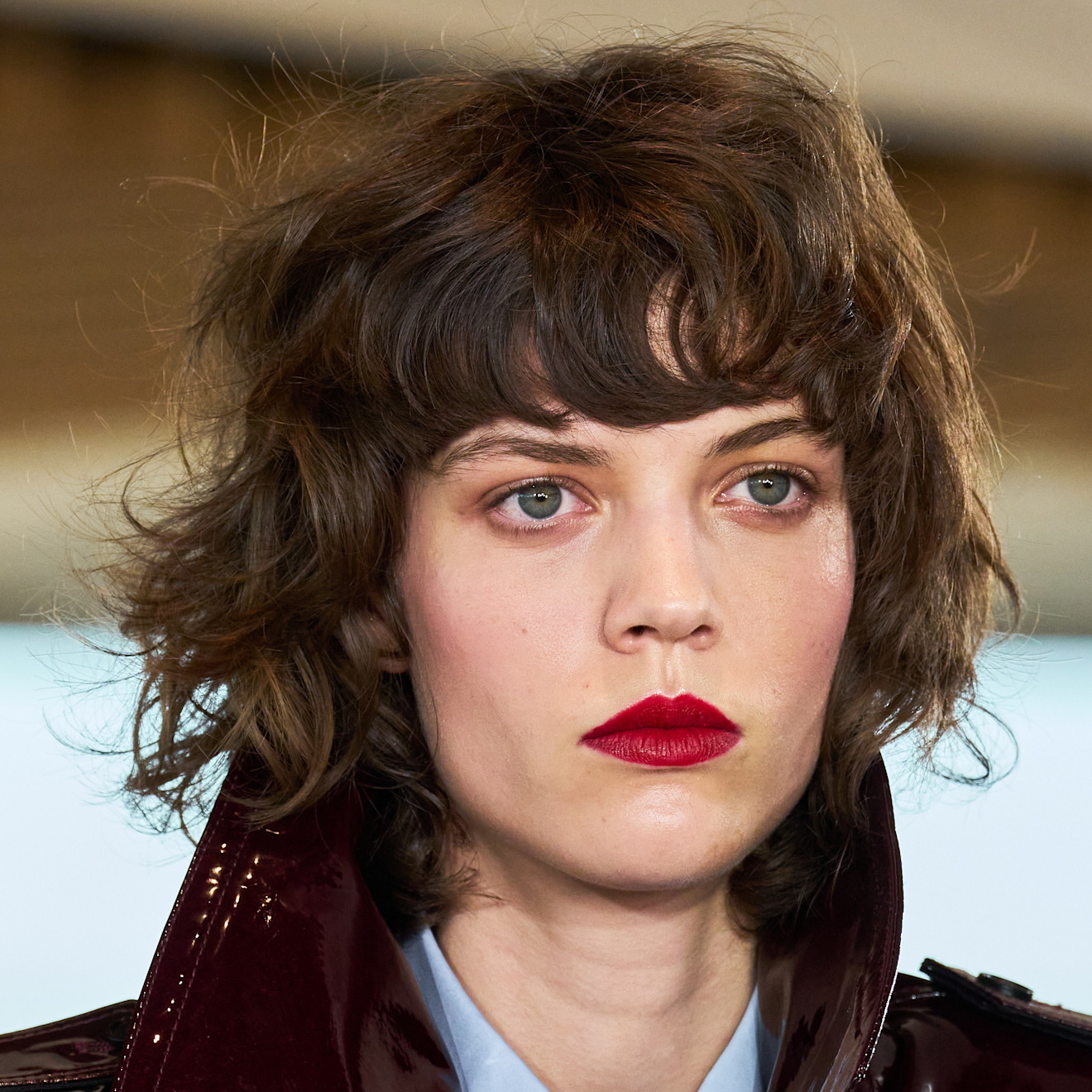 Meet 8 Editor-Vetted Blush Palettes That Basically Flirt for You
Meet 8 Editor-Vetted Blush Palettes That Basically Flirt for YouFor that just-got-caught-staring flush.
By Ariel Baker
-
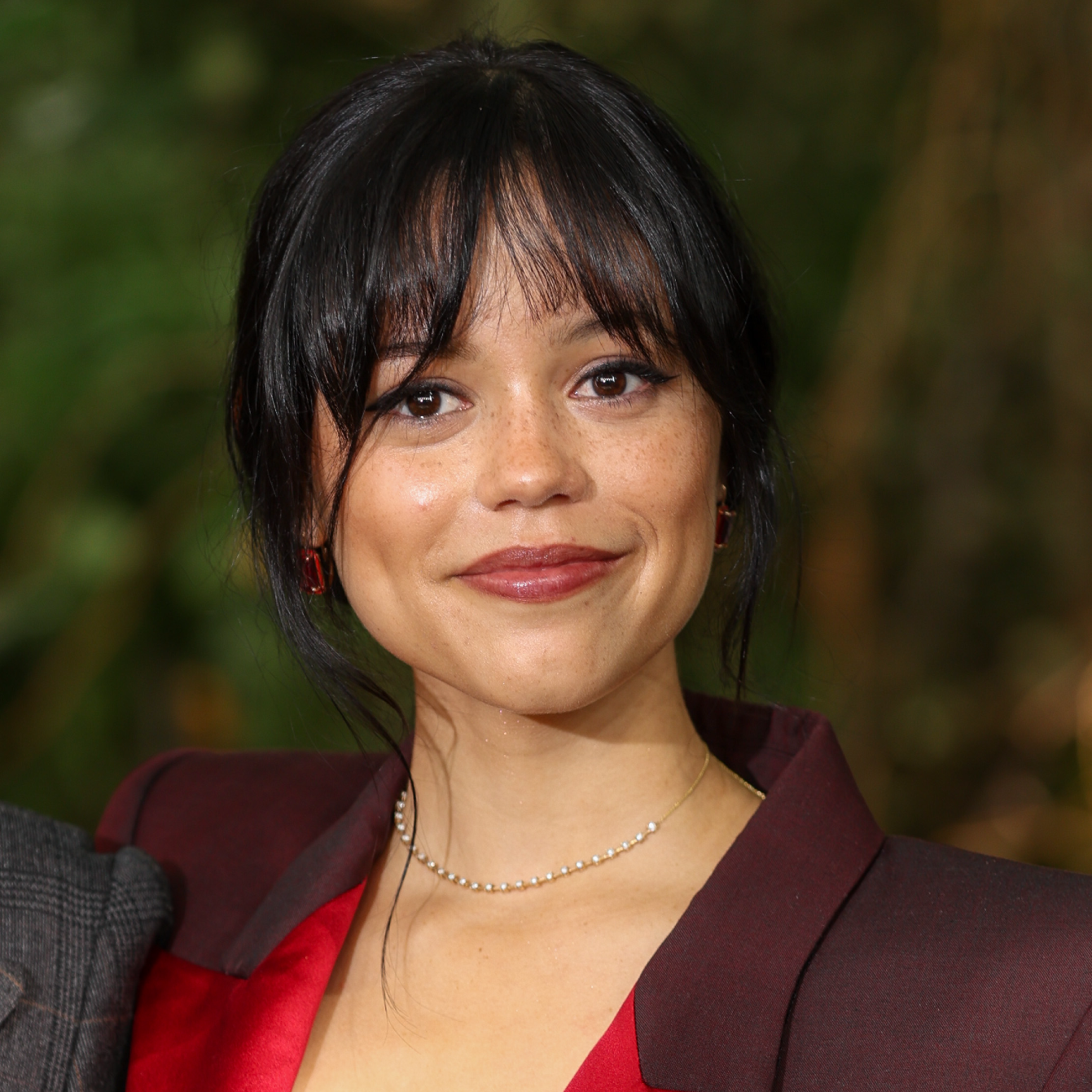 Jenna Ortega Does Grungy Glam Right With '90s-Inspired Hair and Makeup
Jenna Ortega Does Grungy Glam Right With '90s-Inspired Hair and MakeupThe actress was spotted in peak ‘90s-inspired glam.
By Ariel Baker
-
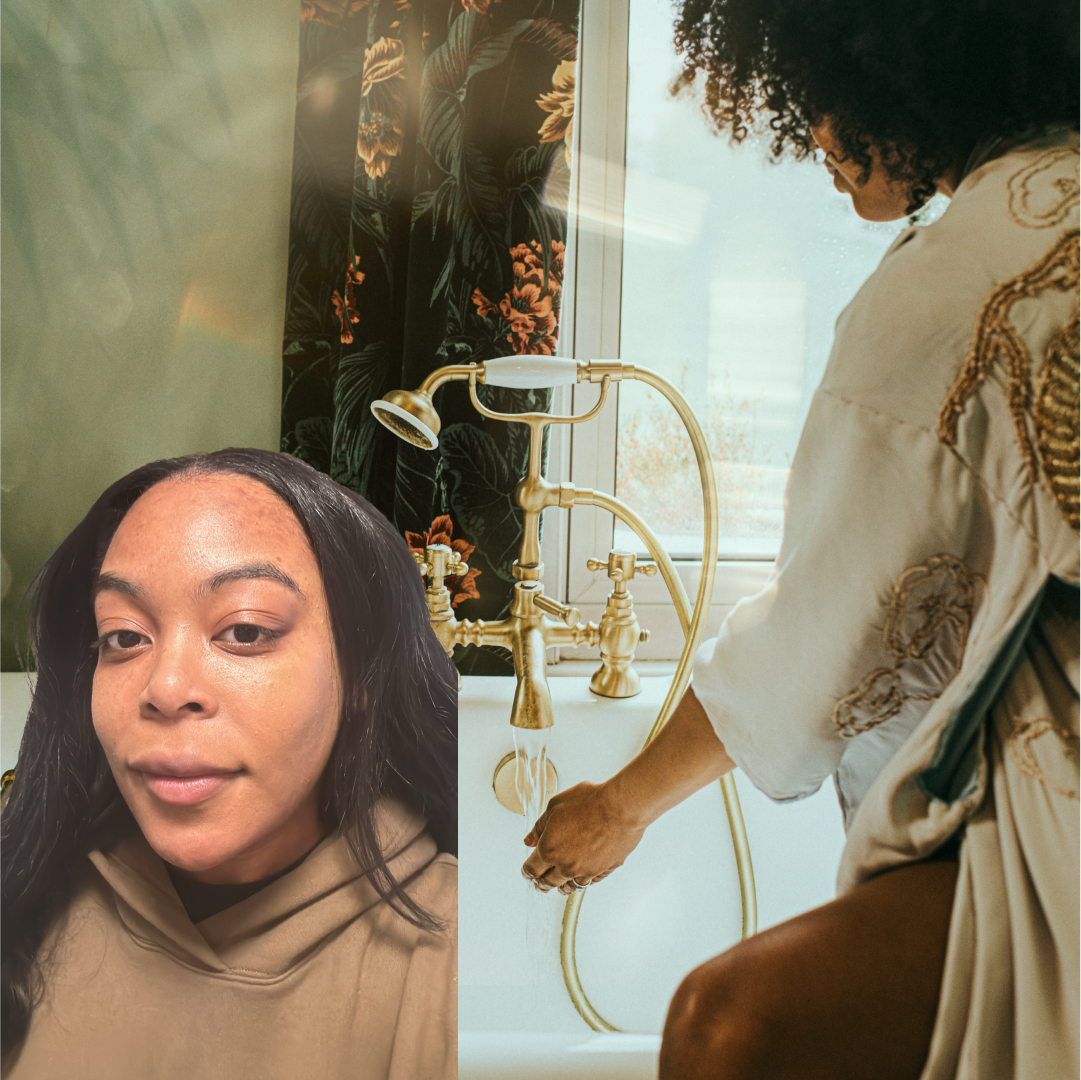 How a Beauty Writer Has Perfected Her Morning Routine For Acne-Prone Skin
How a Beauty Writer Has Perfected Her Morning Routine For Acne-Prone SkinKeep the texture and irritation at bay with these editor-vetted items.
By Ariel Baker
-
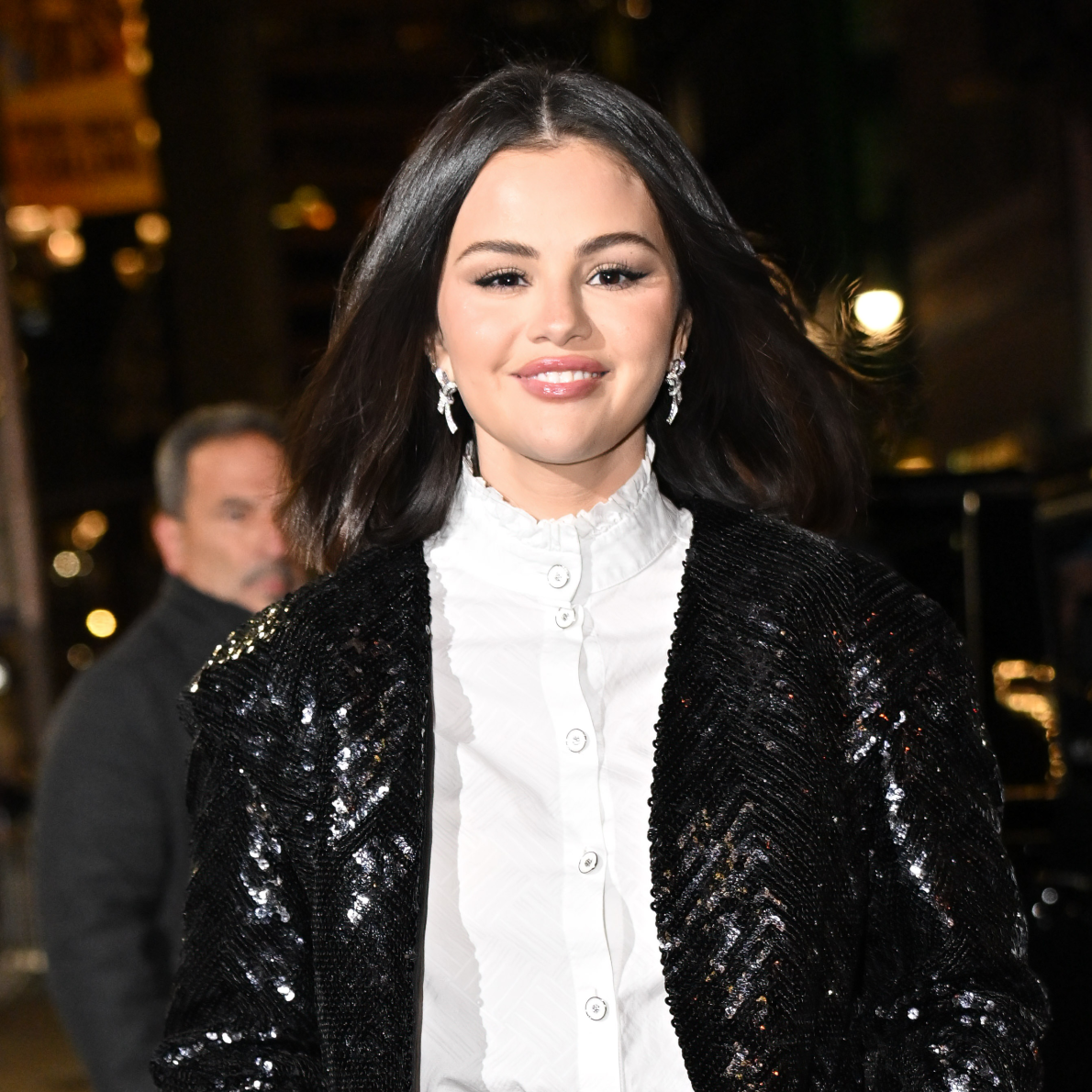 Selena Gomez Hosts a Master Class in Matching Your Red Blush and Red Lipstick to Your Outfit
Selena Gomez Hosts a Master Class in Matching Your Red Blush and Red Lipstick to Your OutfitThe star was spotted looking red hot in the streets of New York City.
By Ariel Baker
-
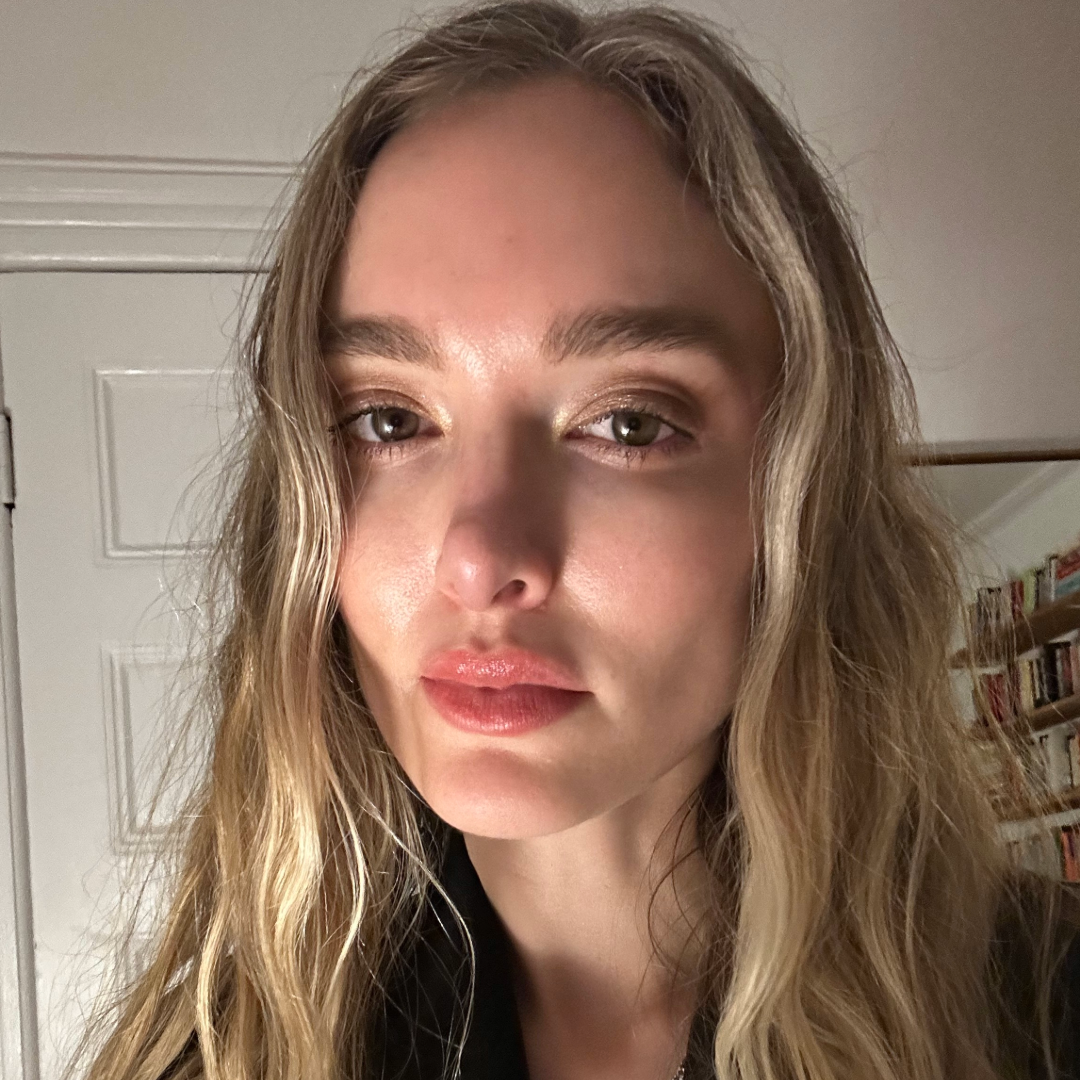 Presenting, Perfect Date Night Makeup for People Who Hate Makeup
Presenting, Perfect Date Night Makeup for People Who Hate MakeupFrom a beauty director who's learned all the workarounds.
By Hannah Baxter
-
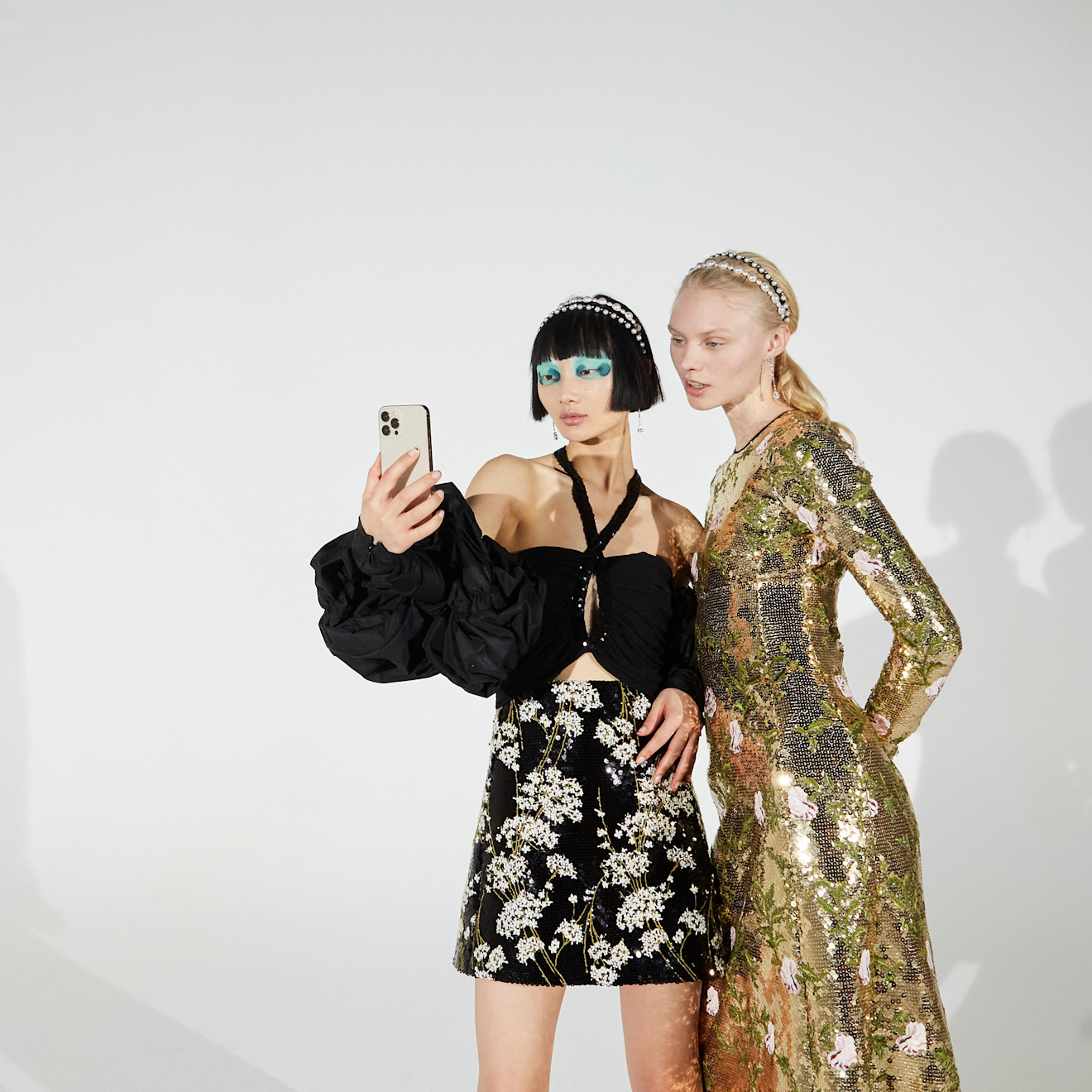 I Scoured Ulta’s 21 Days of Beauty Sale for Five Hours—Here's What I'm Shopping
I Scoured Ulta’s 21 Days of Beauty Sale for Five Hours—Here's What I'm ShoppingAdd to cart, ASAP.
By Ariel Baker
-
 Jenna Ortega’s New Burgundy Hair Has Me Ready for Season 2 of 'Wednesday'
Jenna Ortega’s New Burgundy Hair Has Me Ready for Season 2 of 'Wednesday'Wednesday Addams, is that you?
By Ariel Baker
-
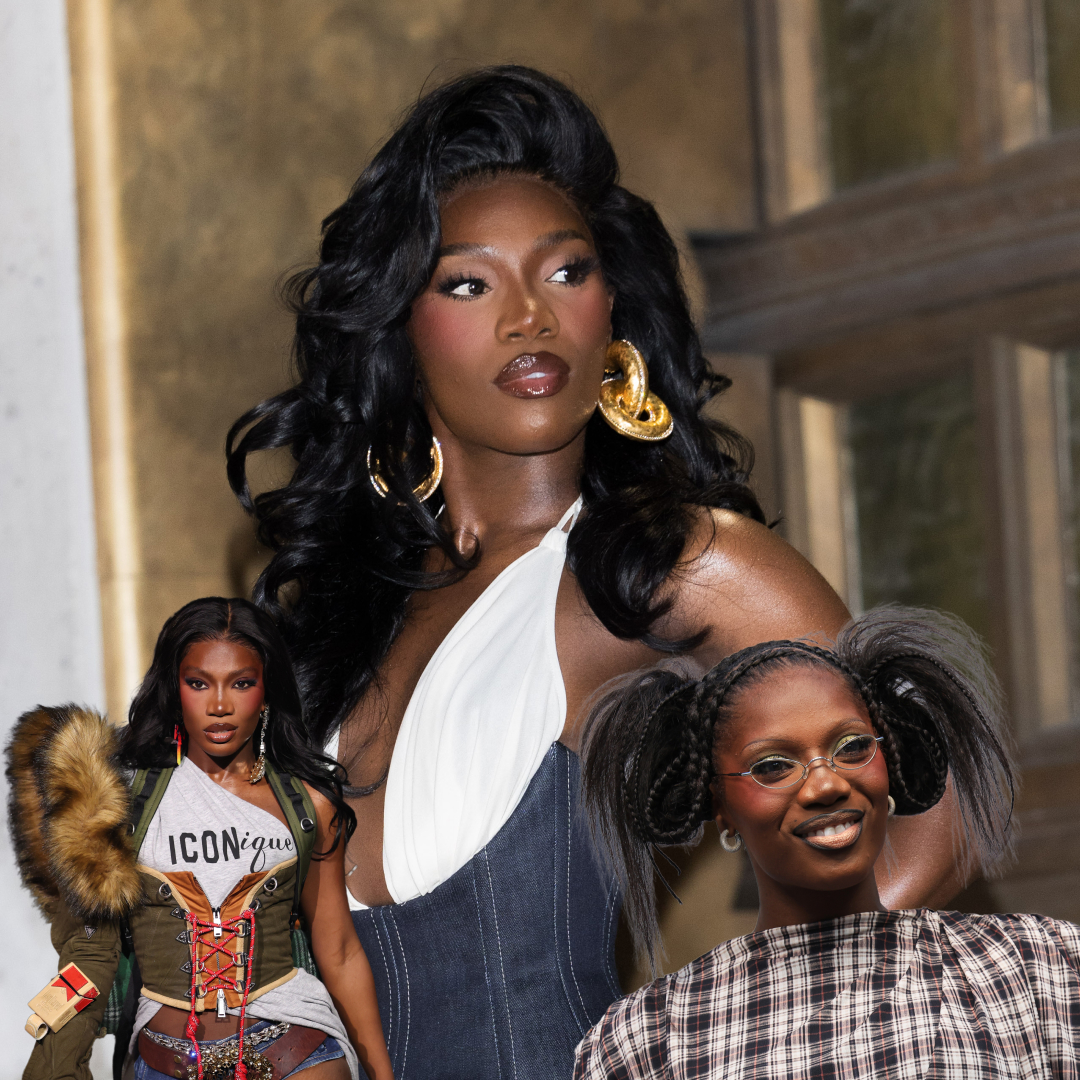 Doechii’s Best Paris Fashion Week Beauty Looks Deserve a Standing Ovation
Doechii’s Best Paris Fashion Week Beauty Looks Deserve a Standing OvationThe Grammy winner cemented her place as a beauty and fashion icon.
By Ariel Baker